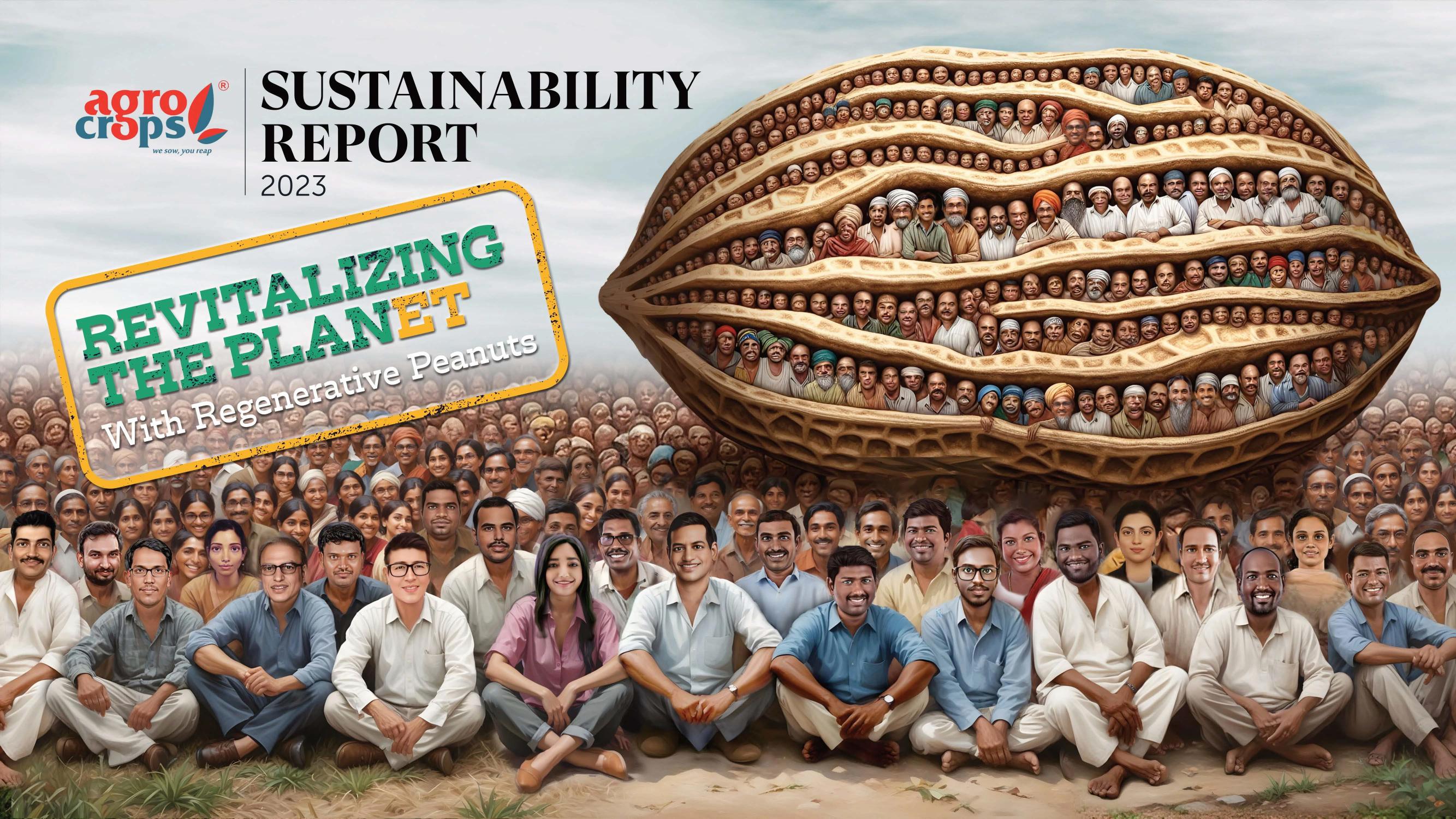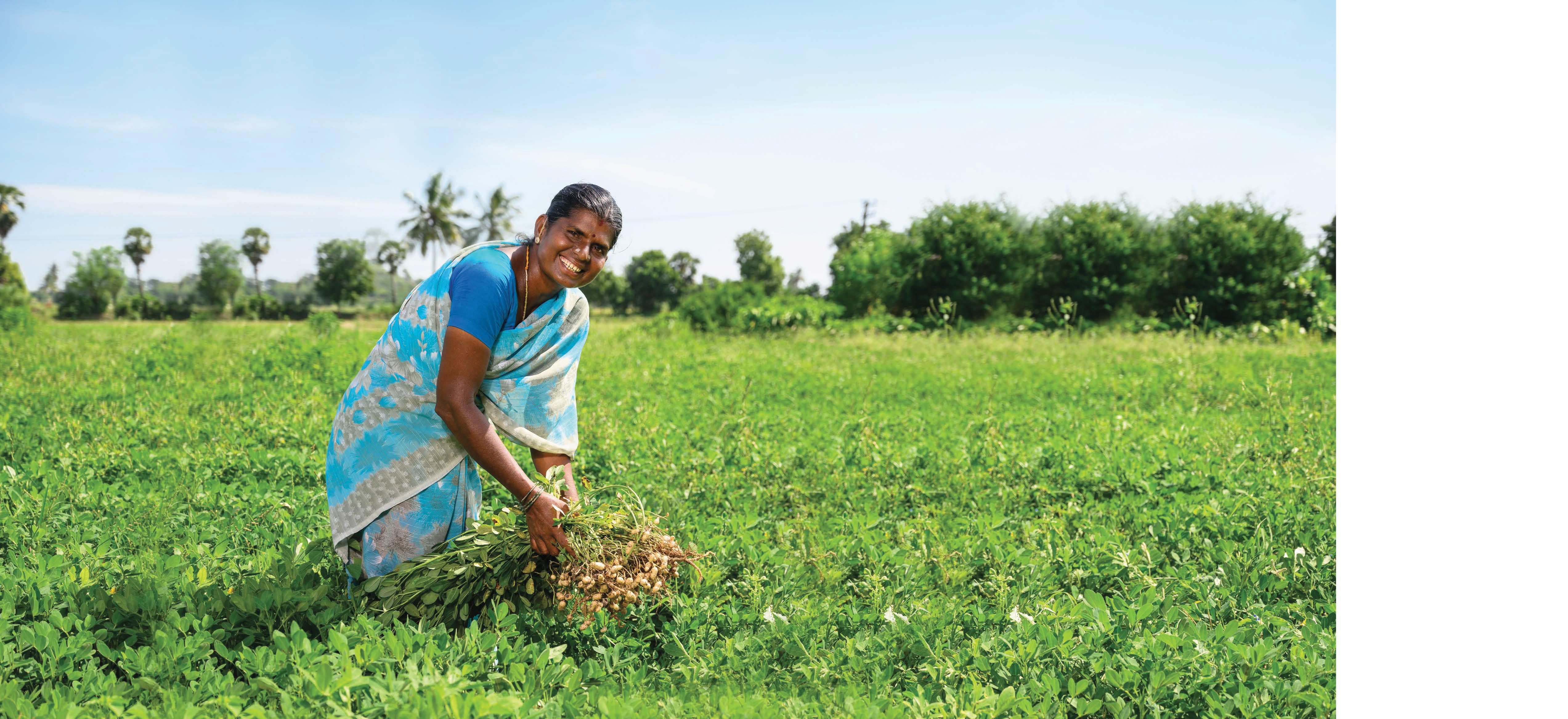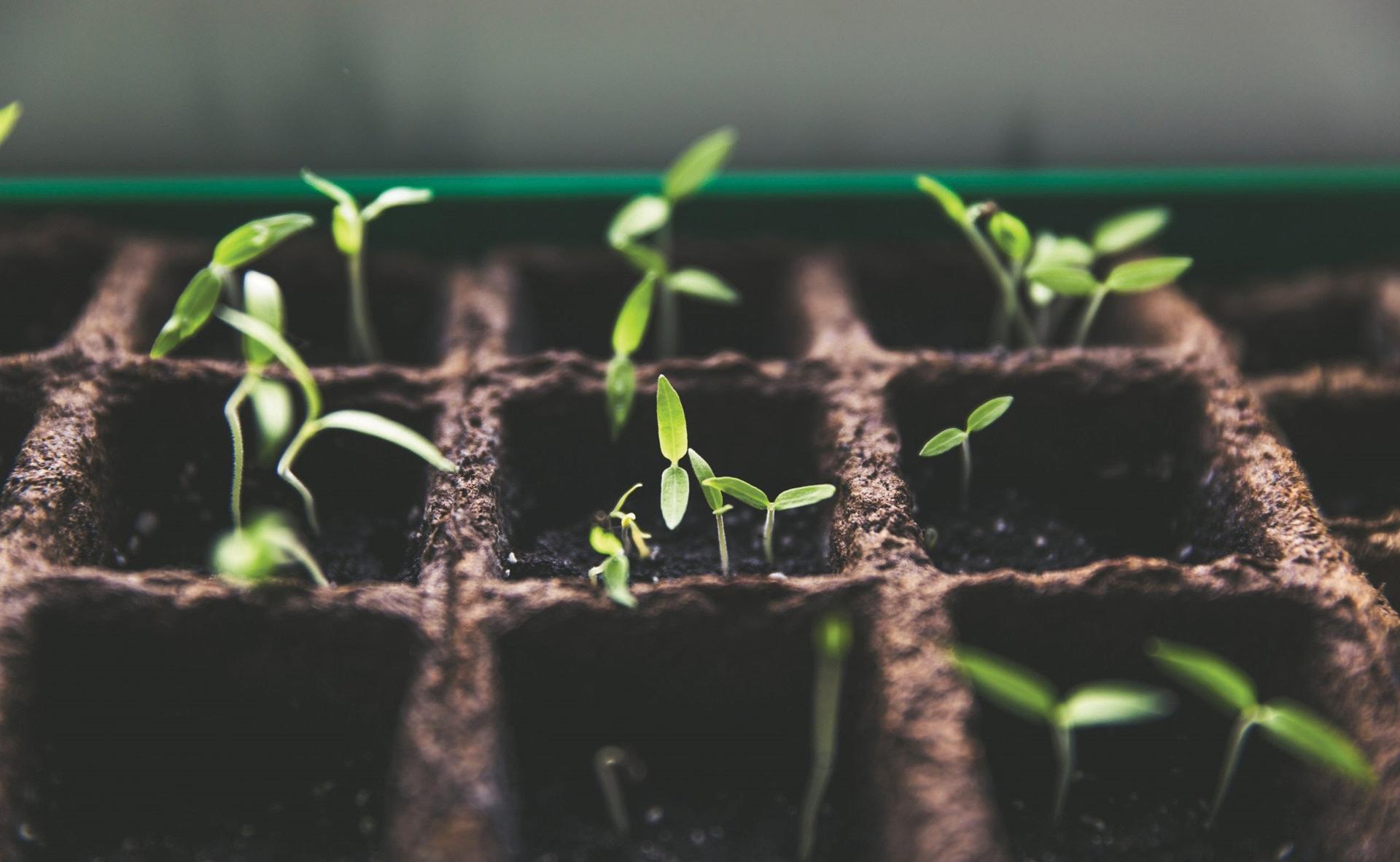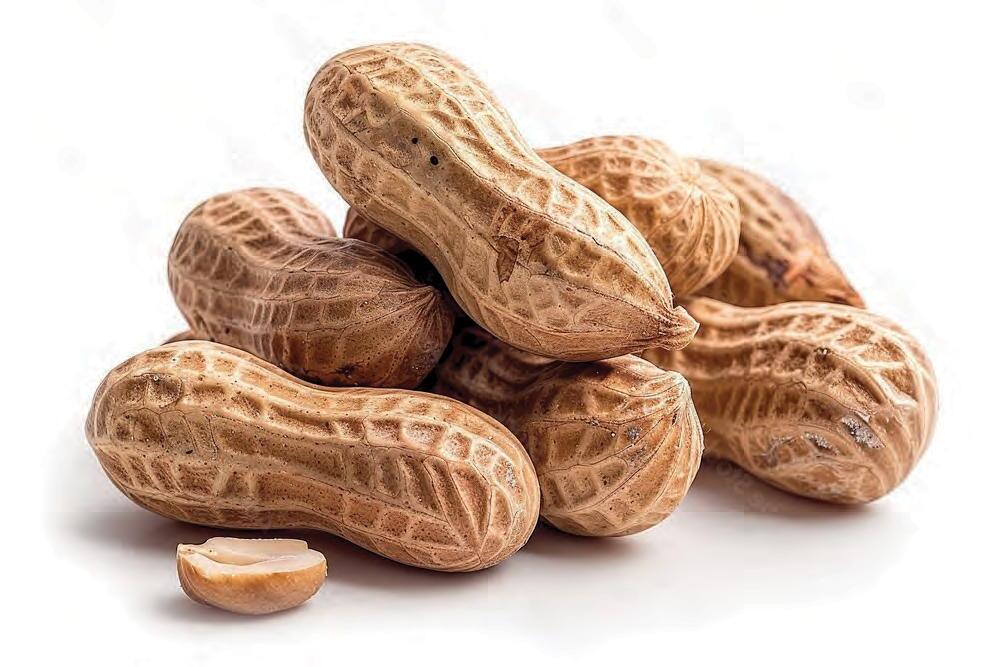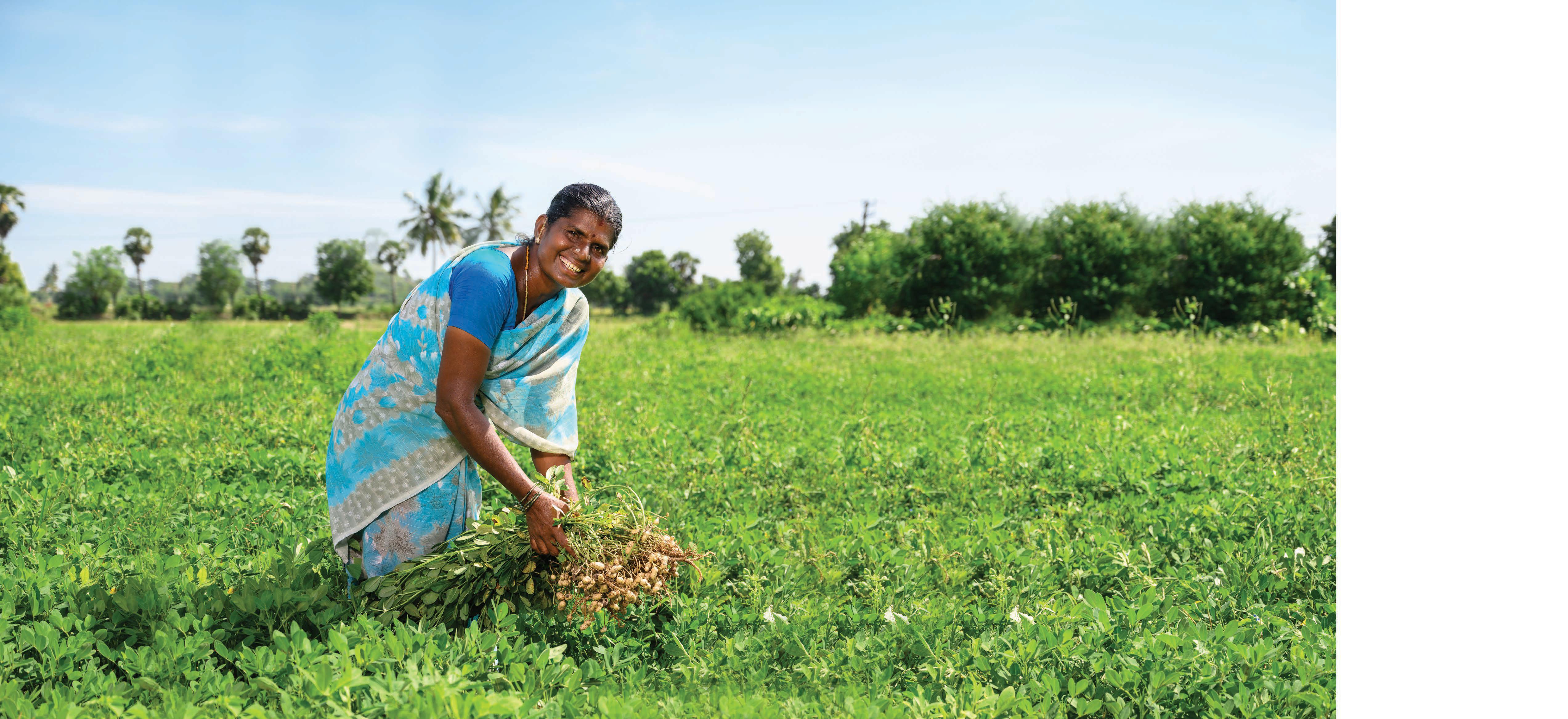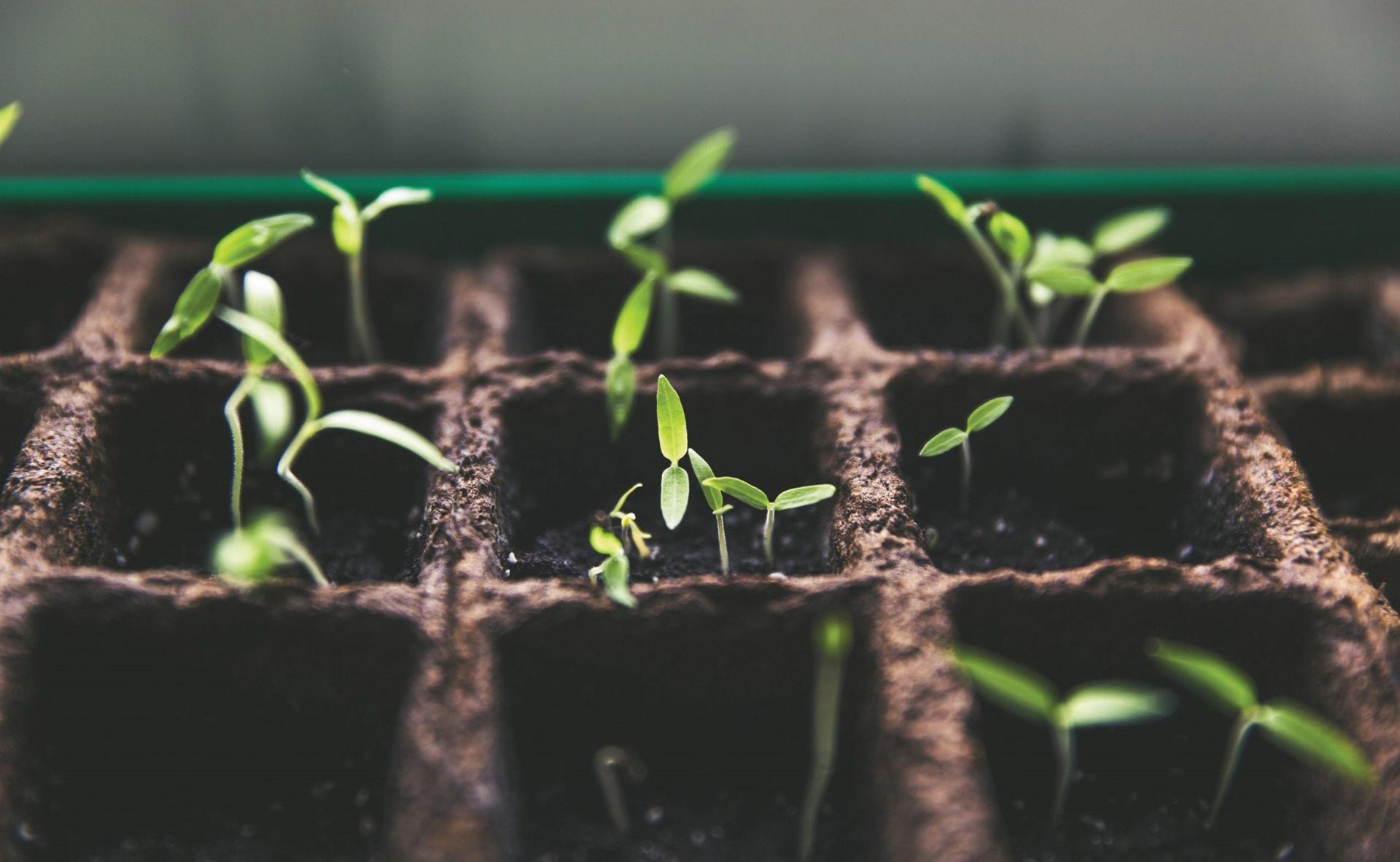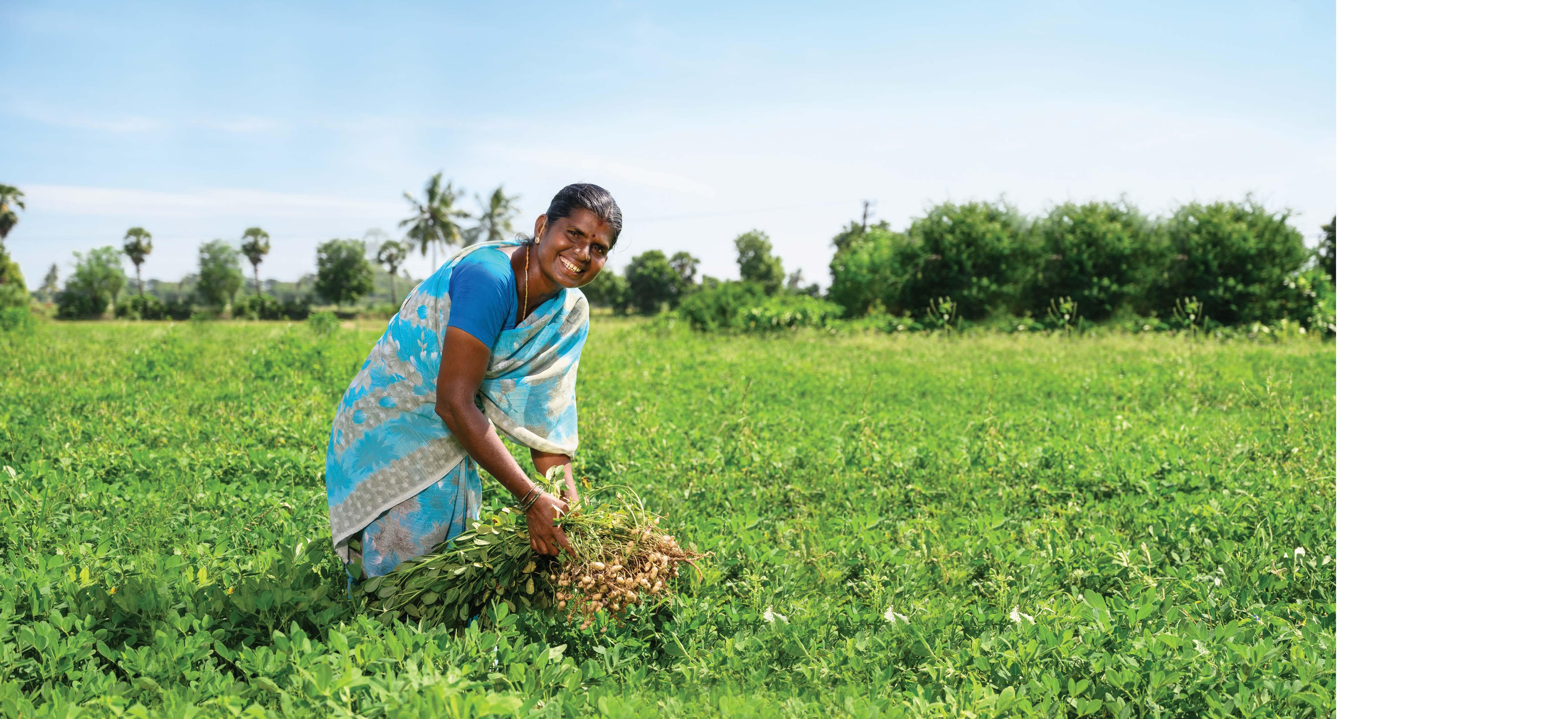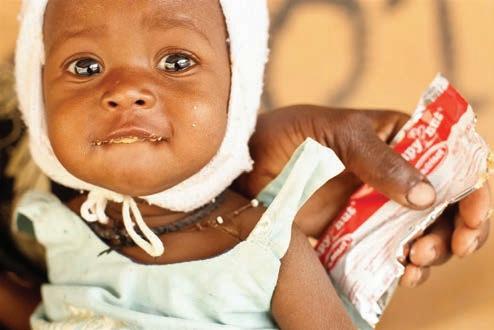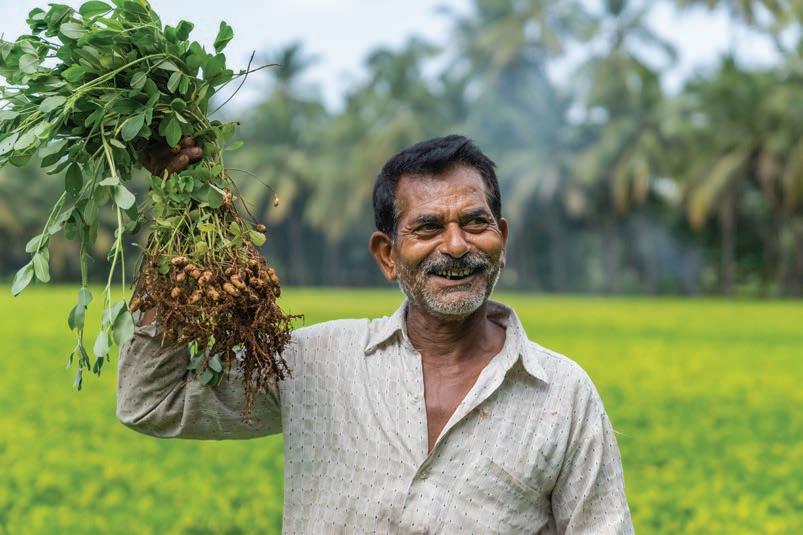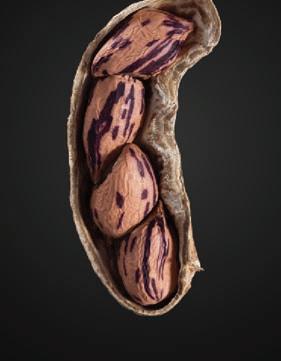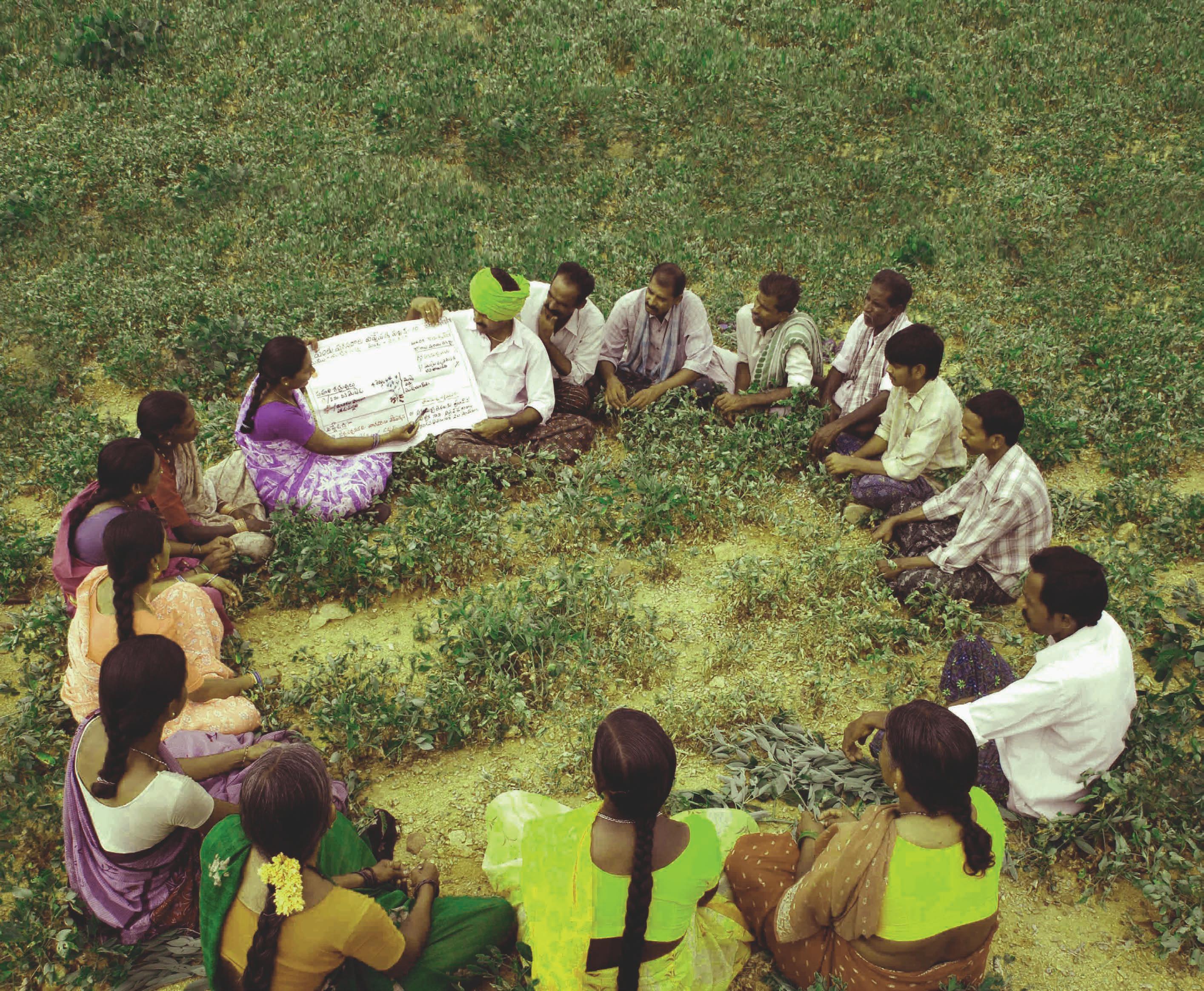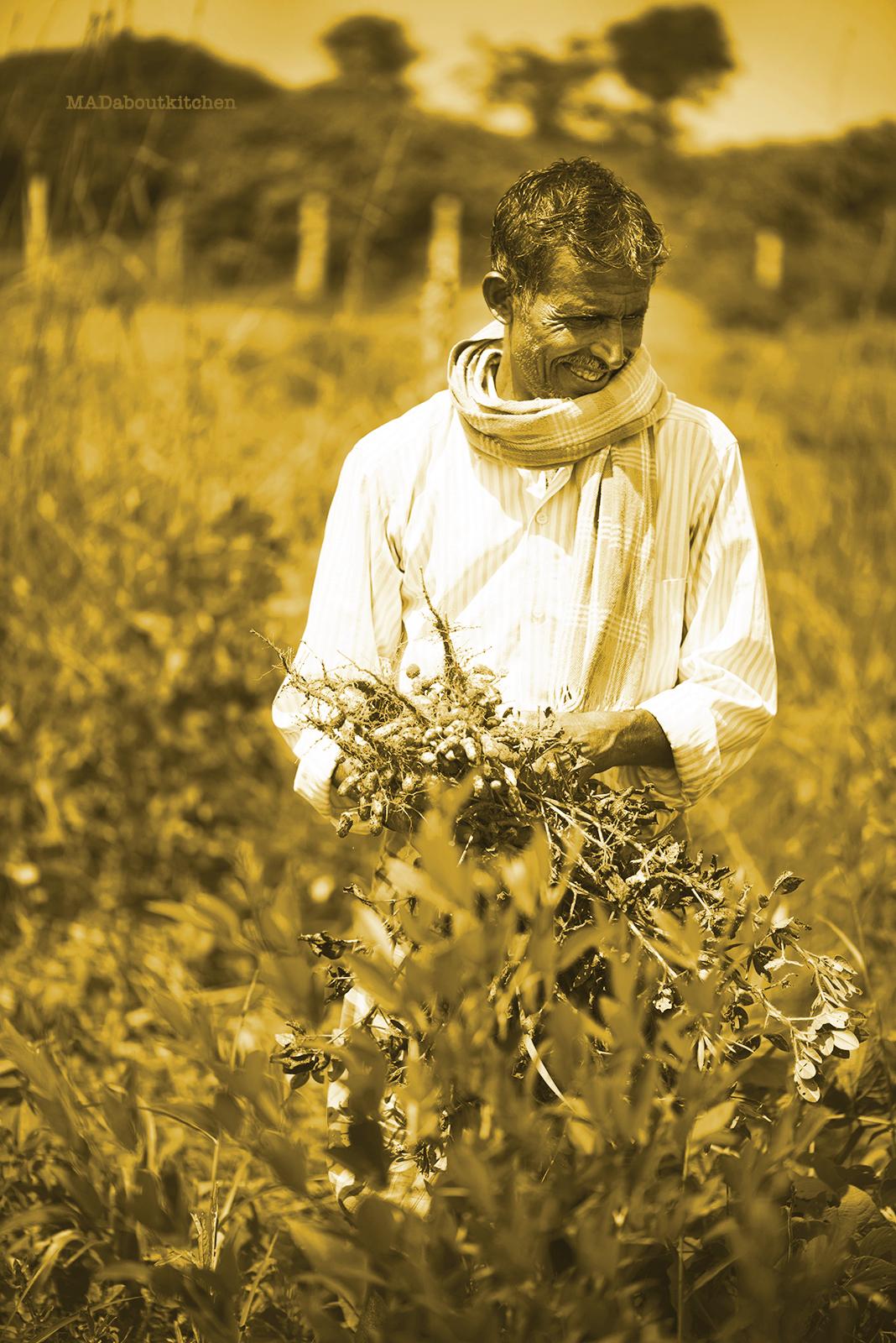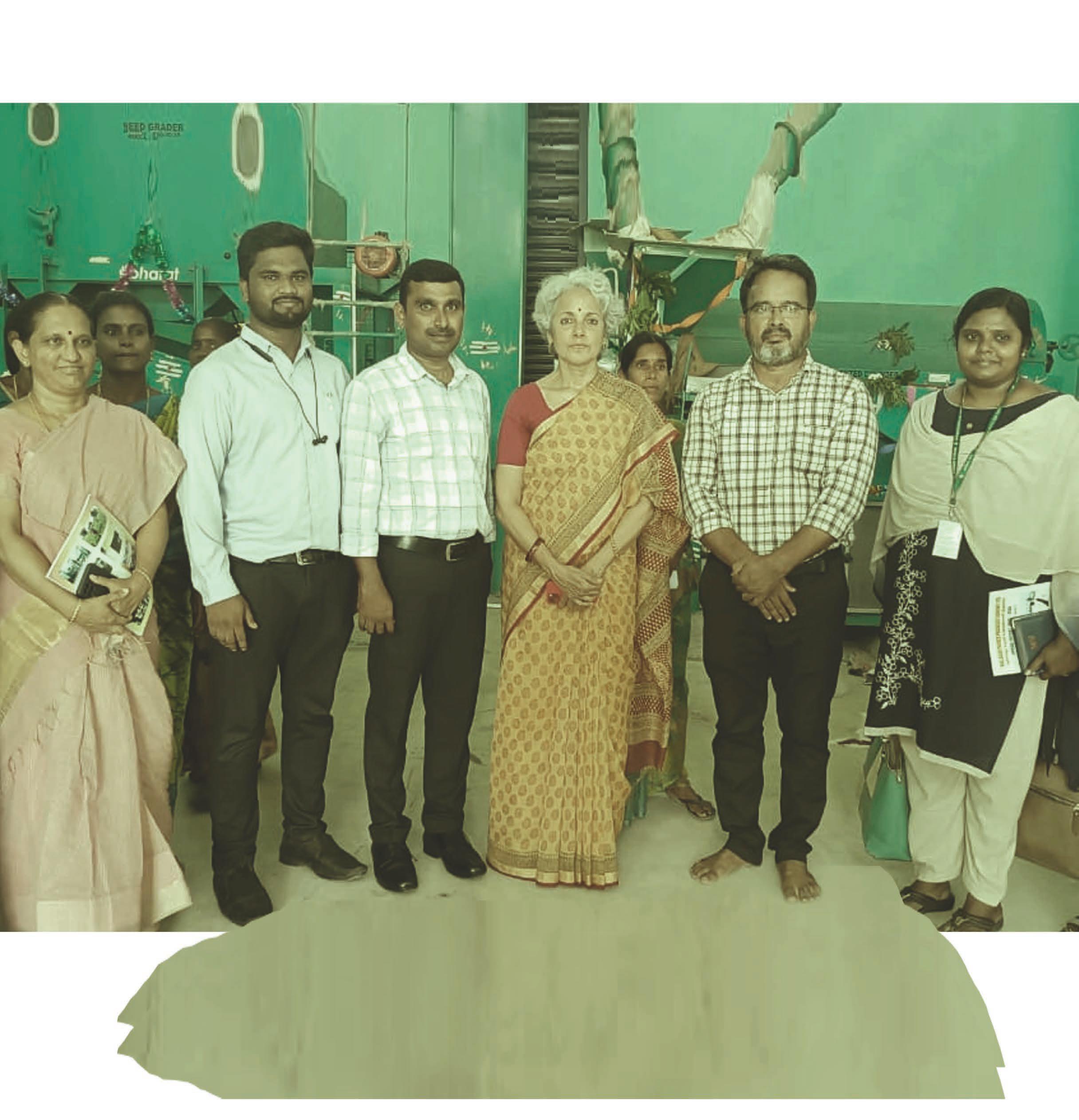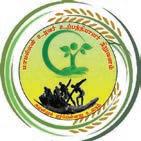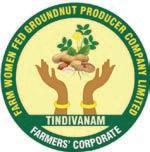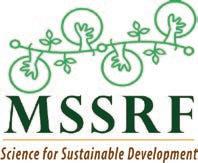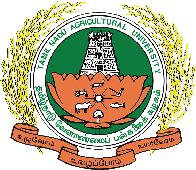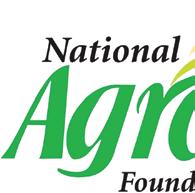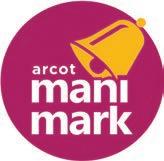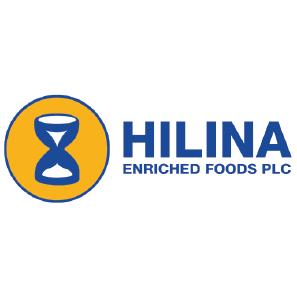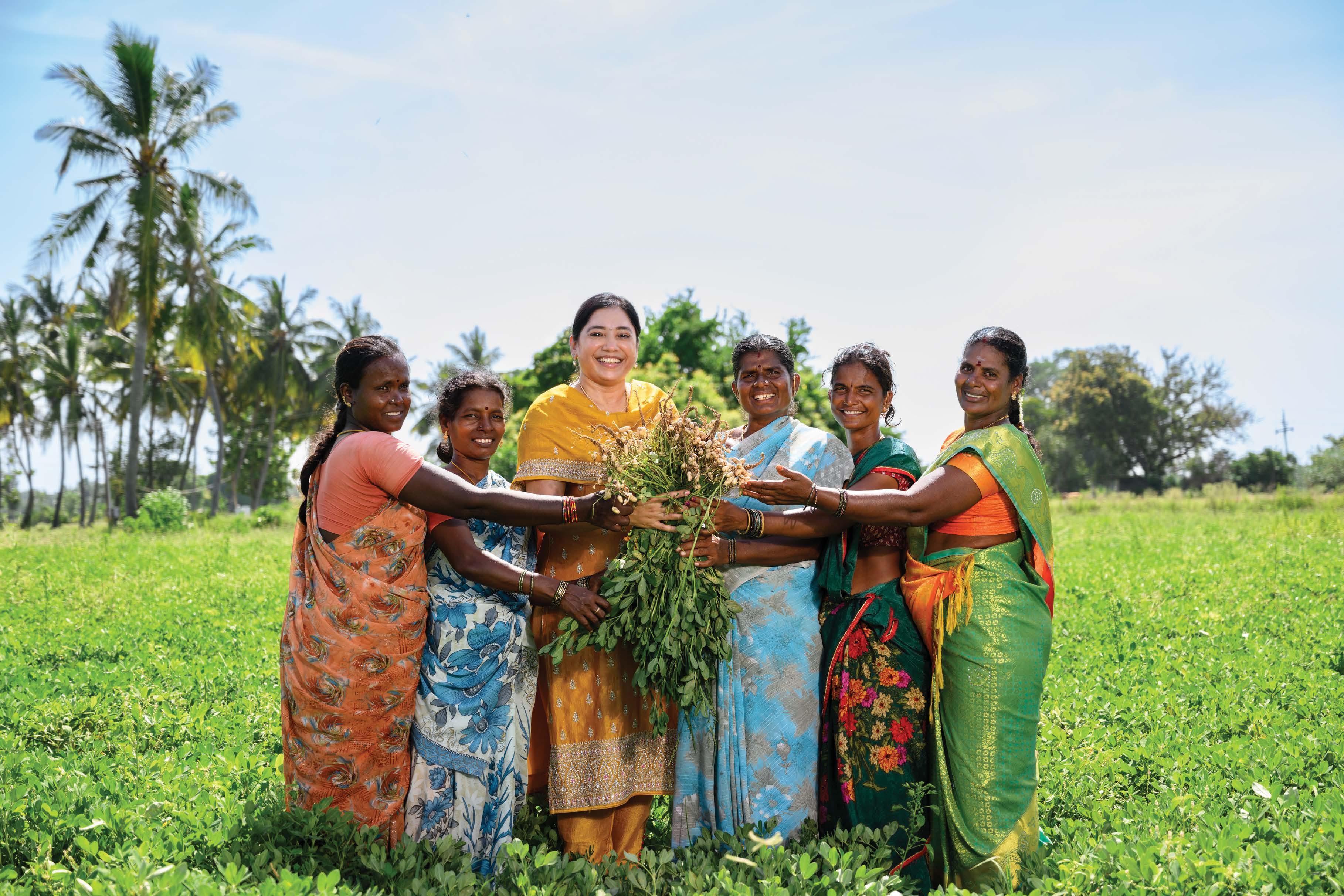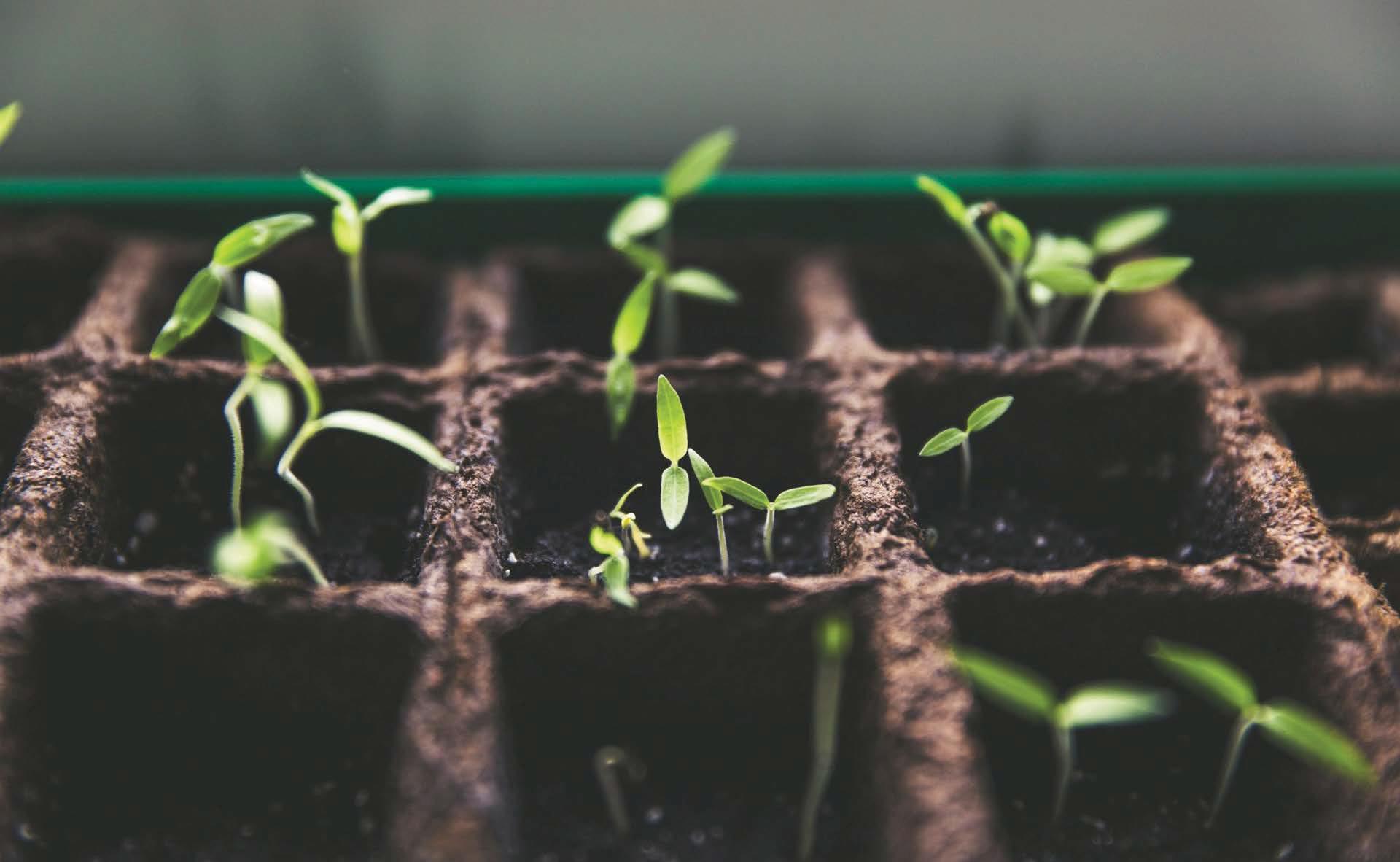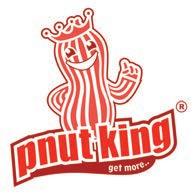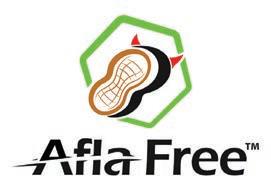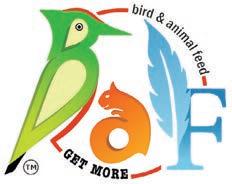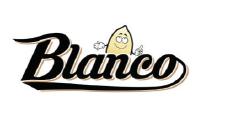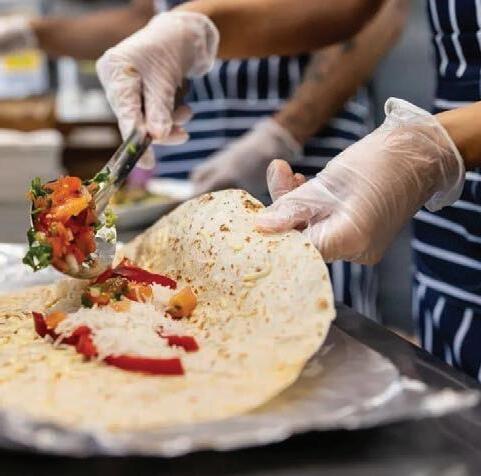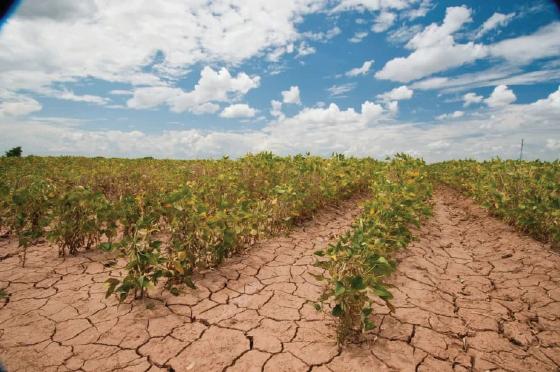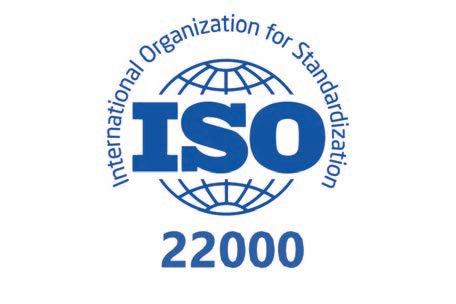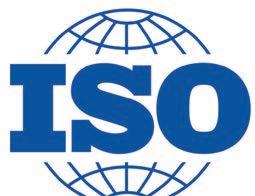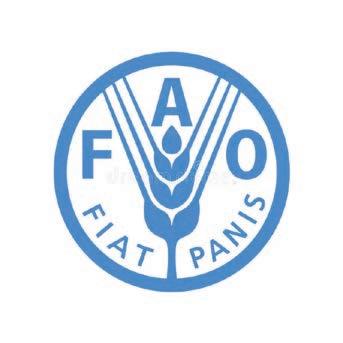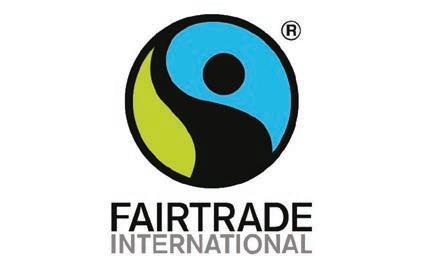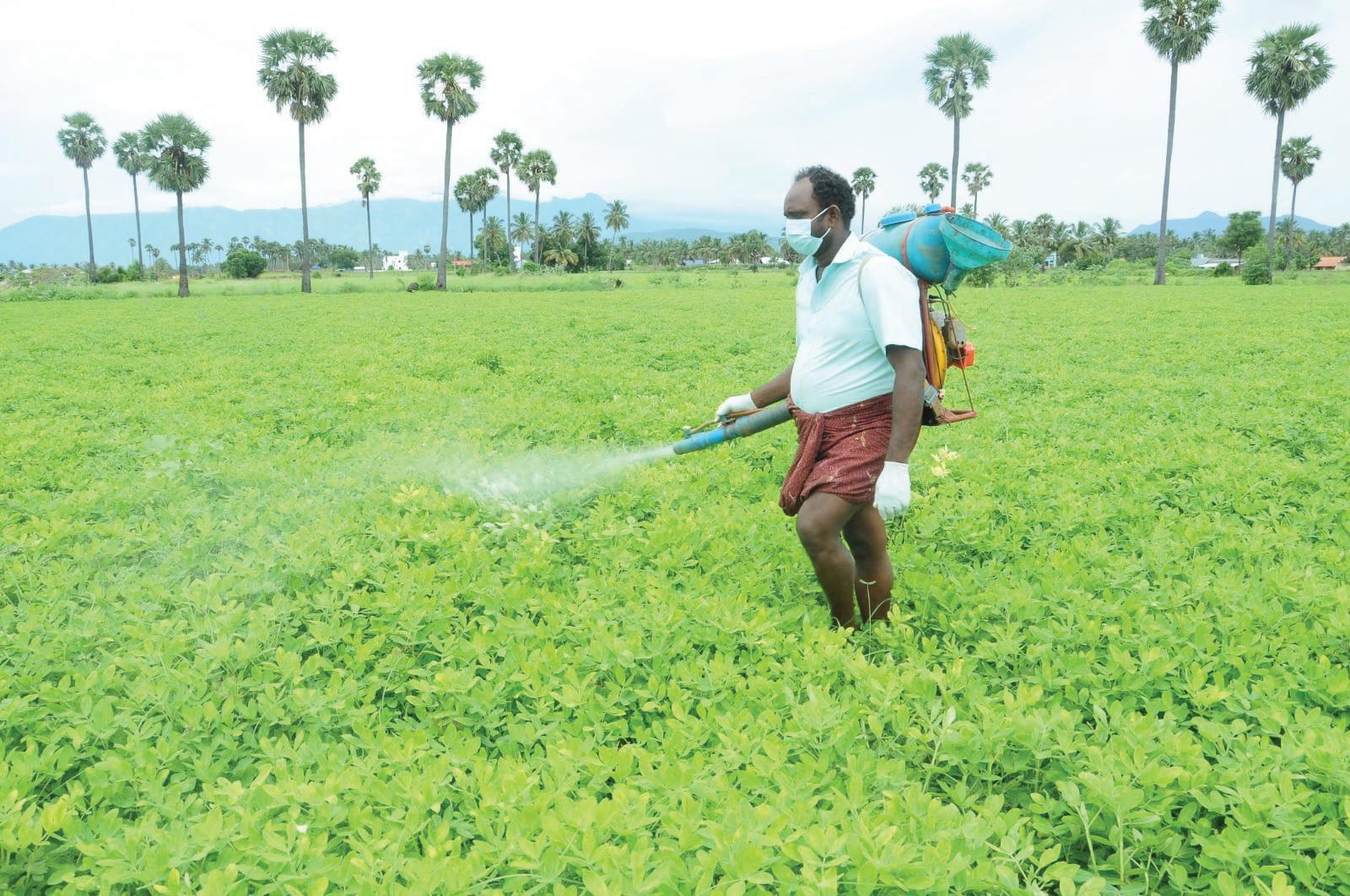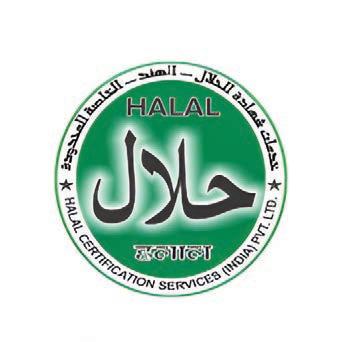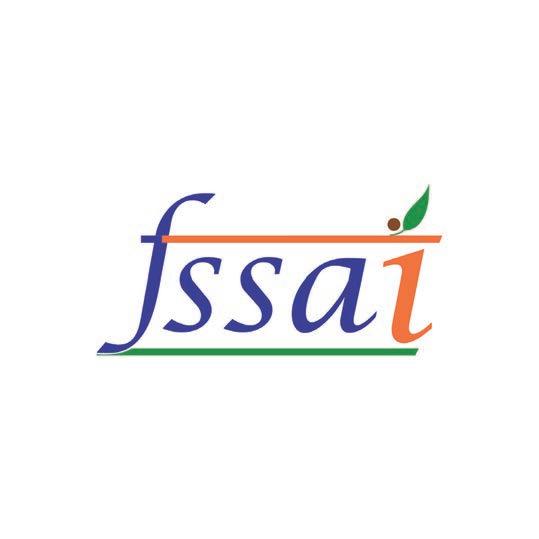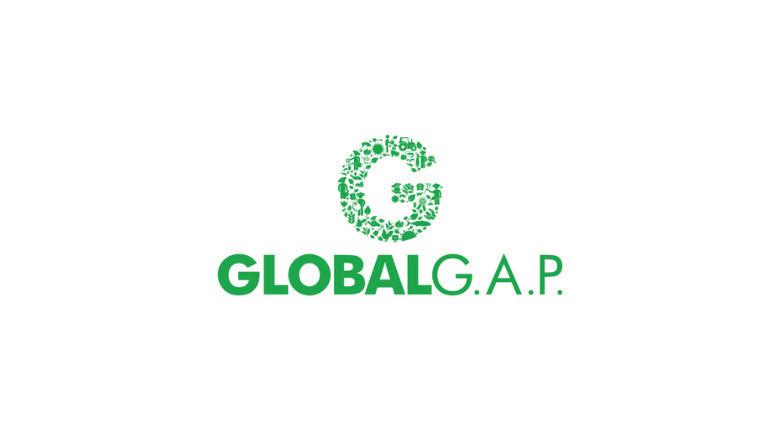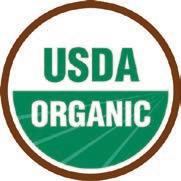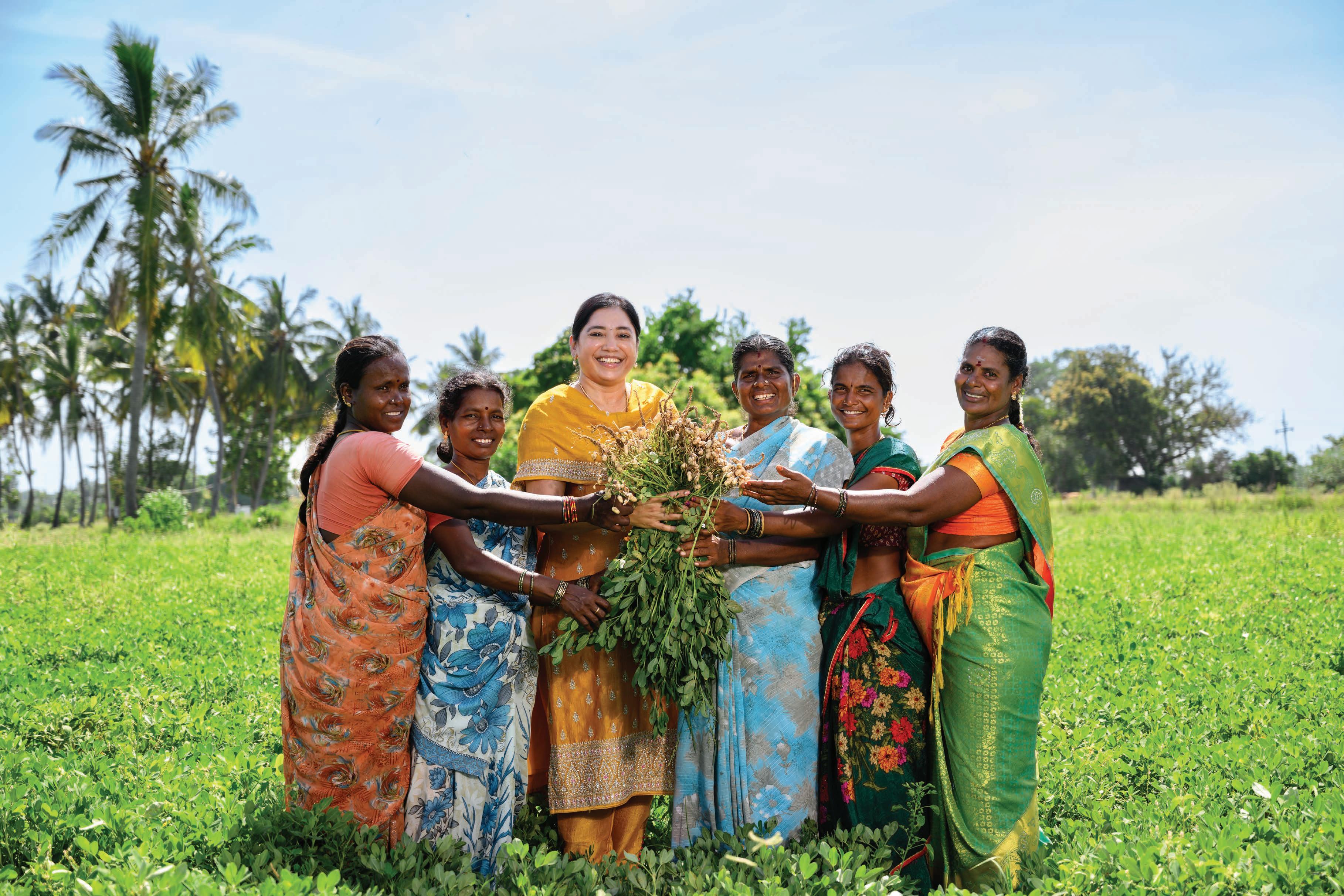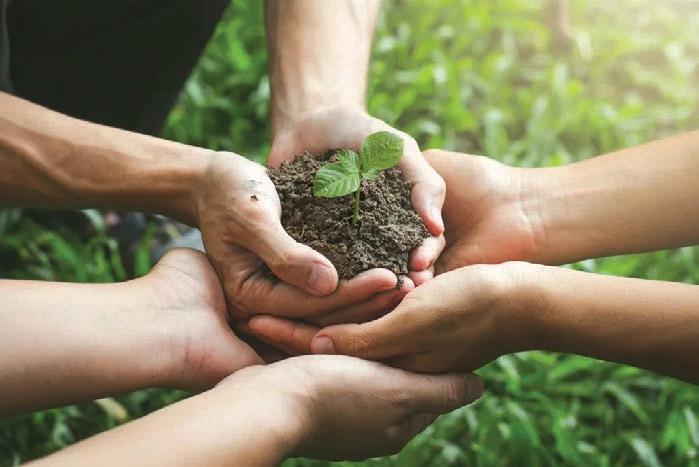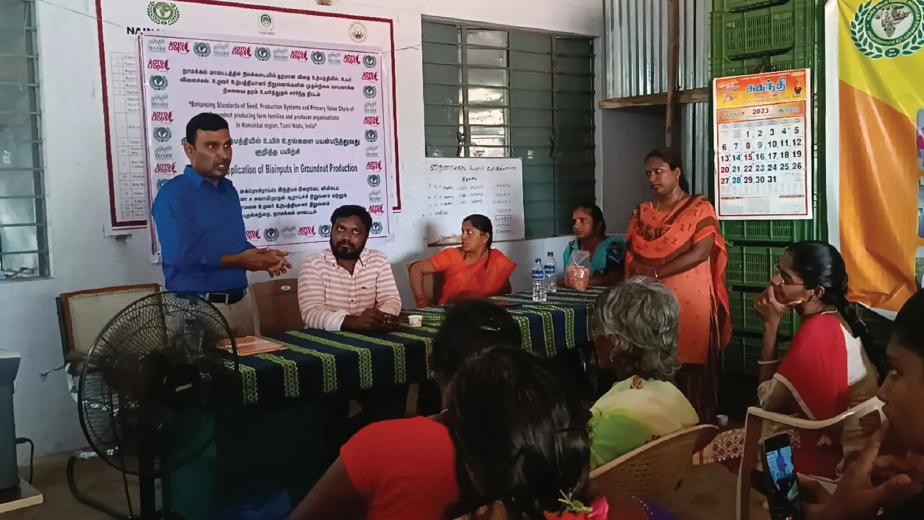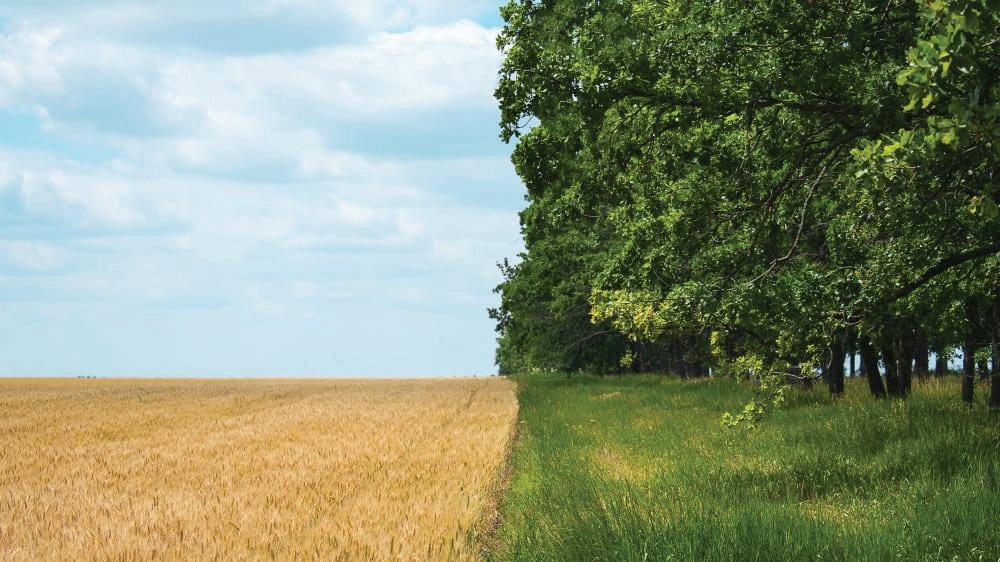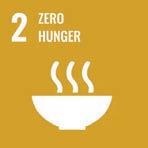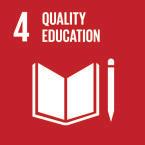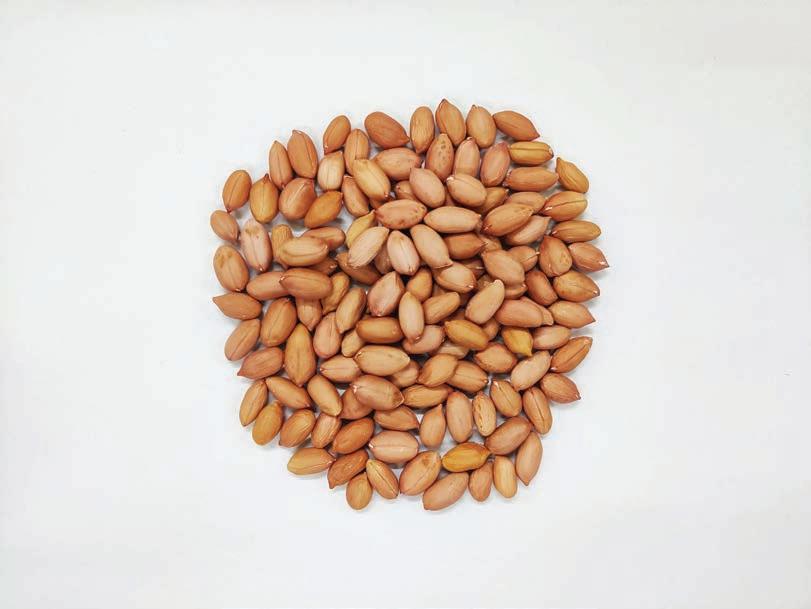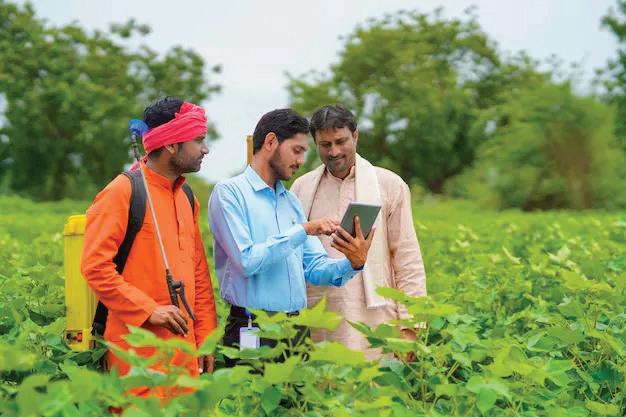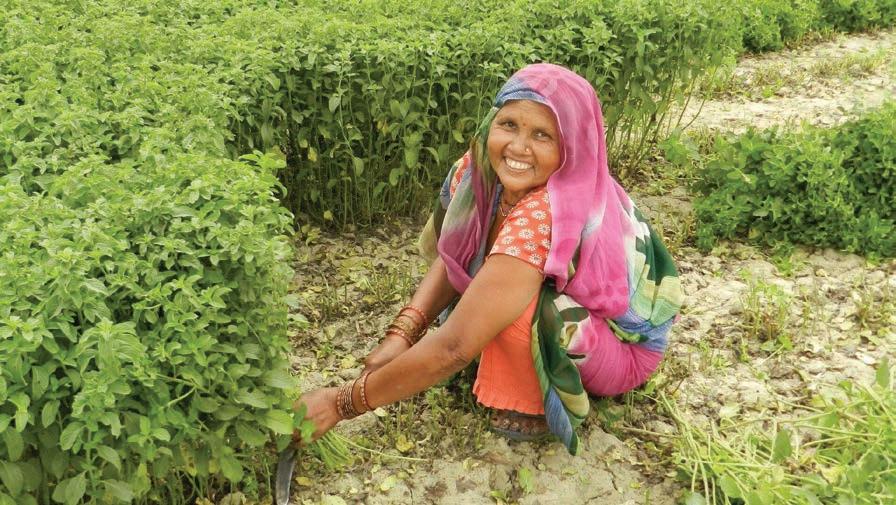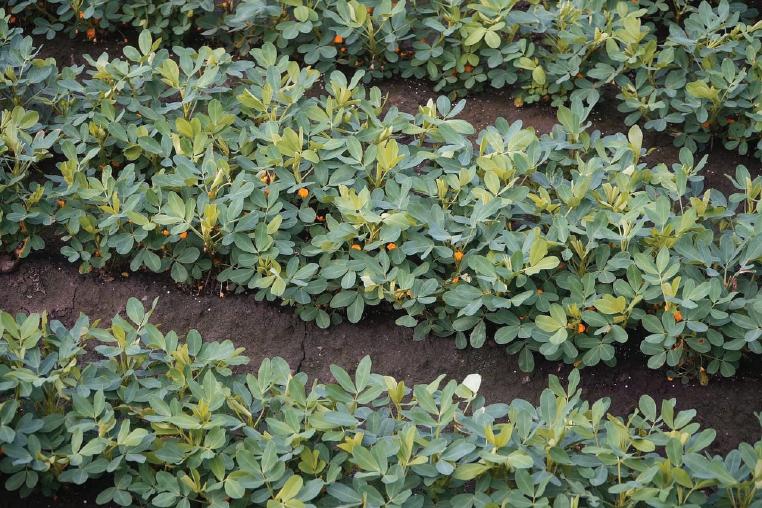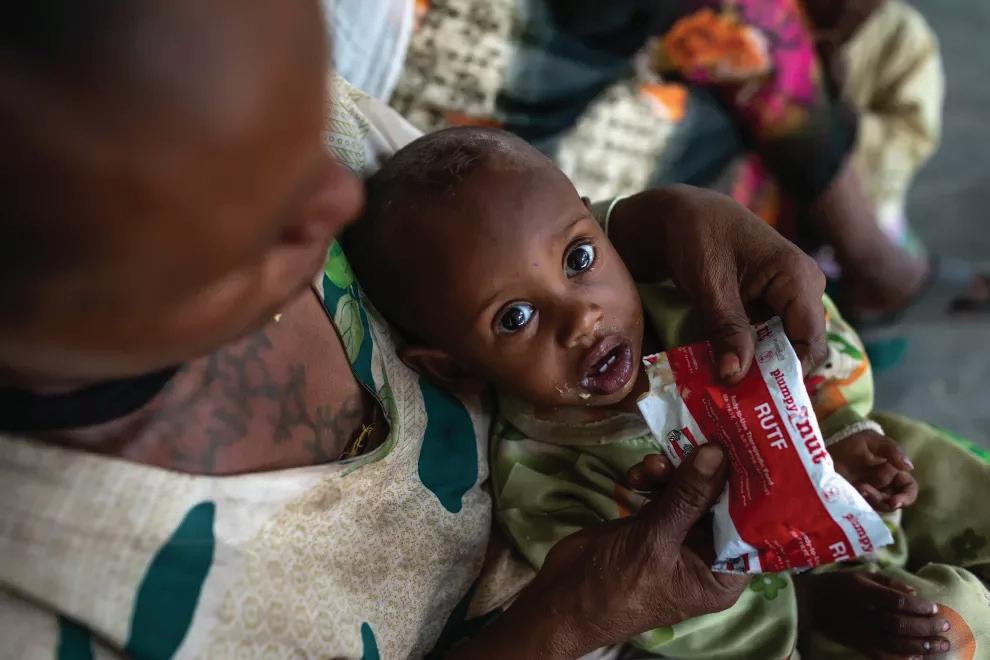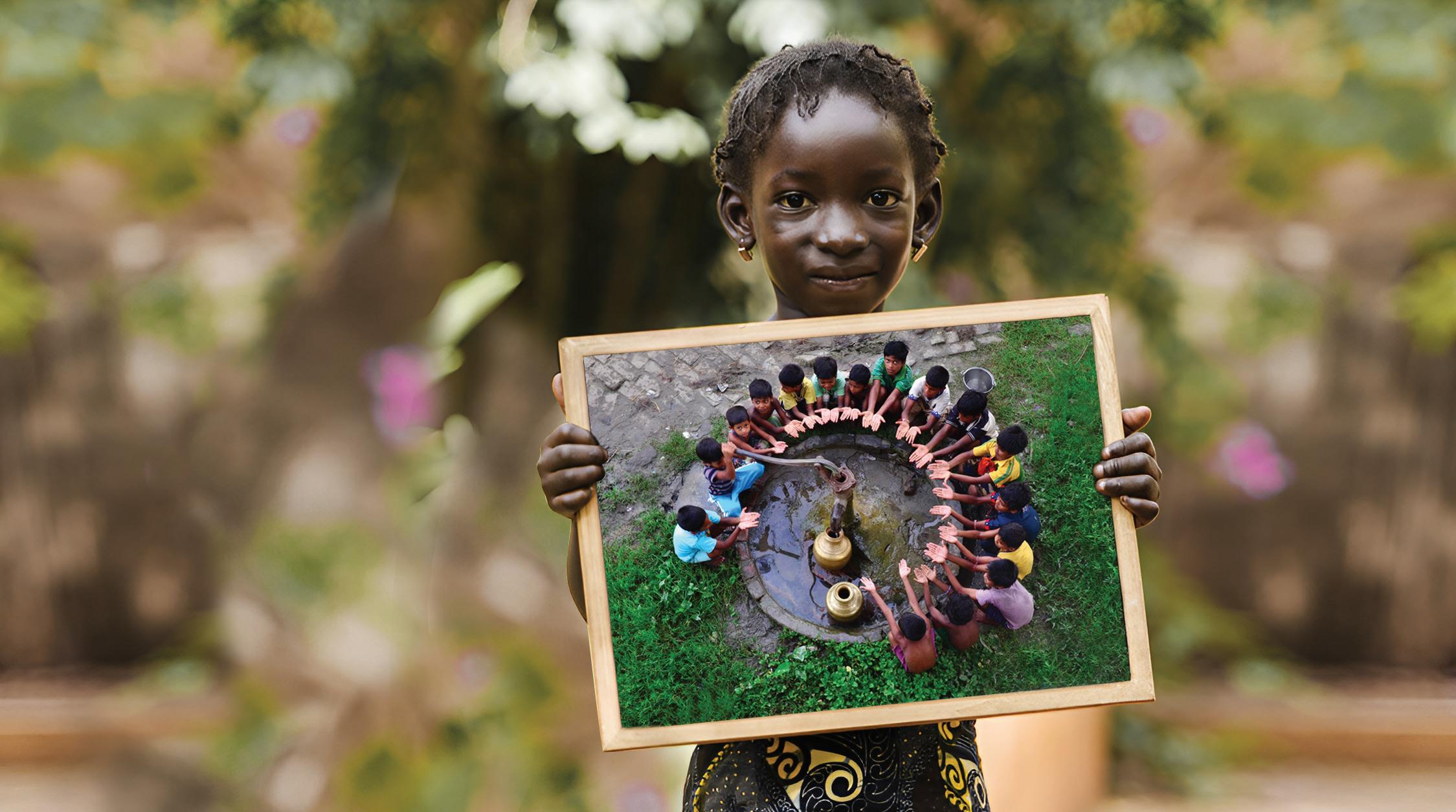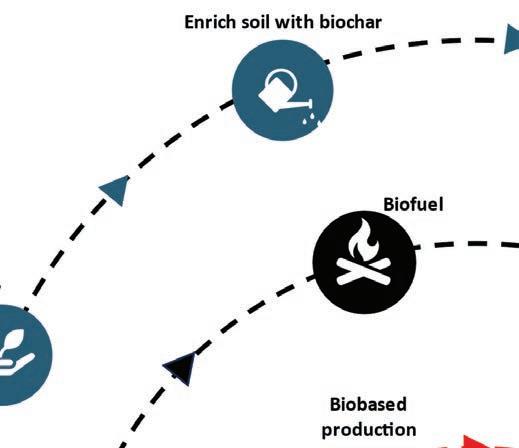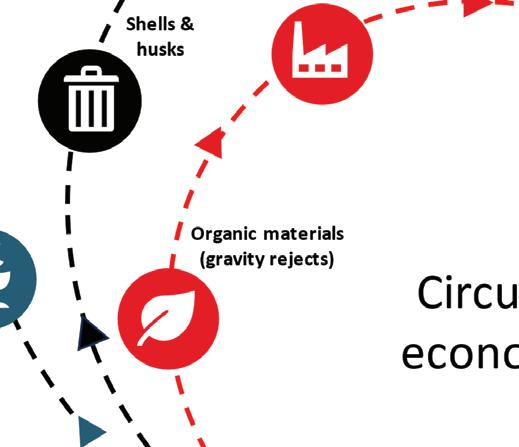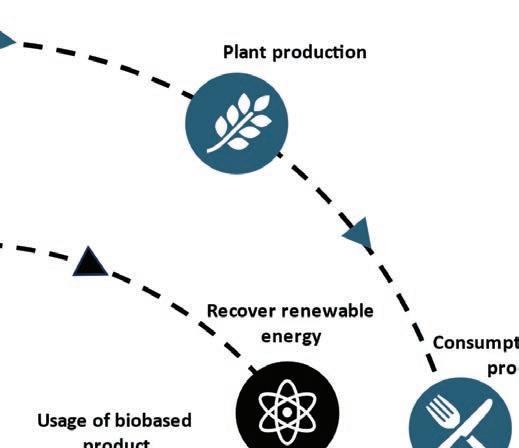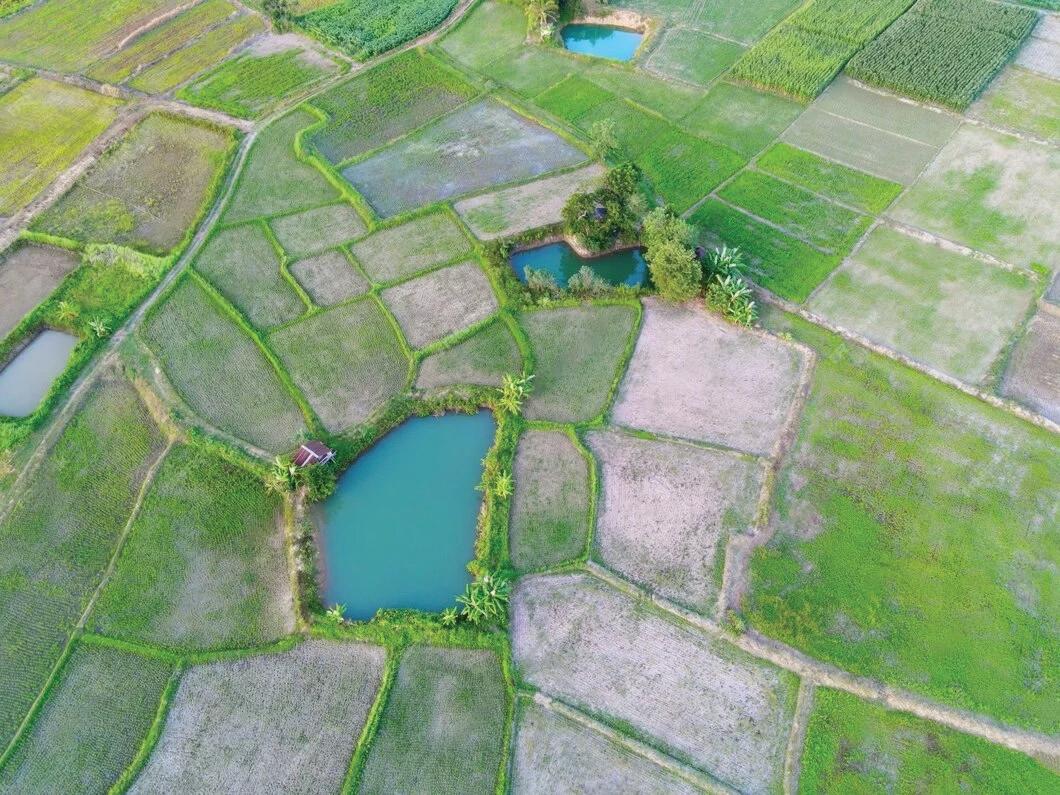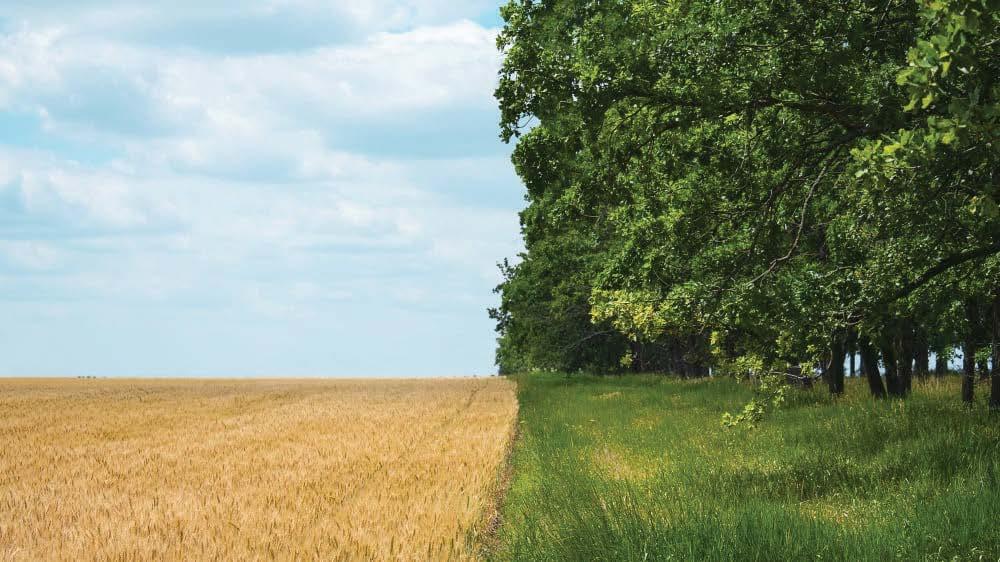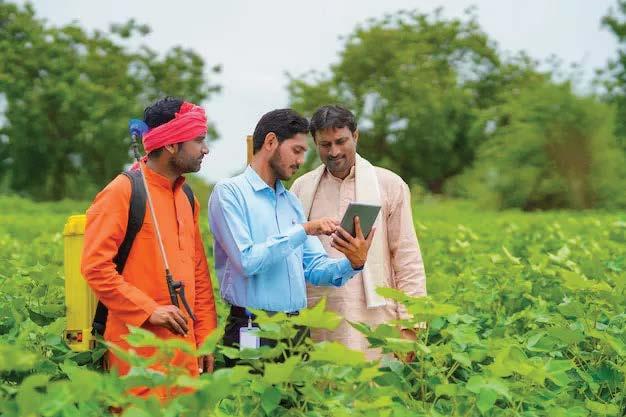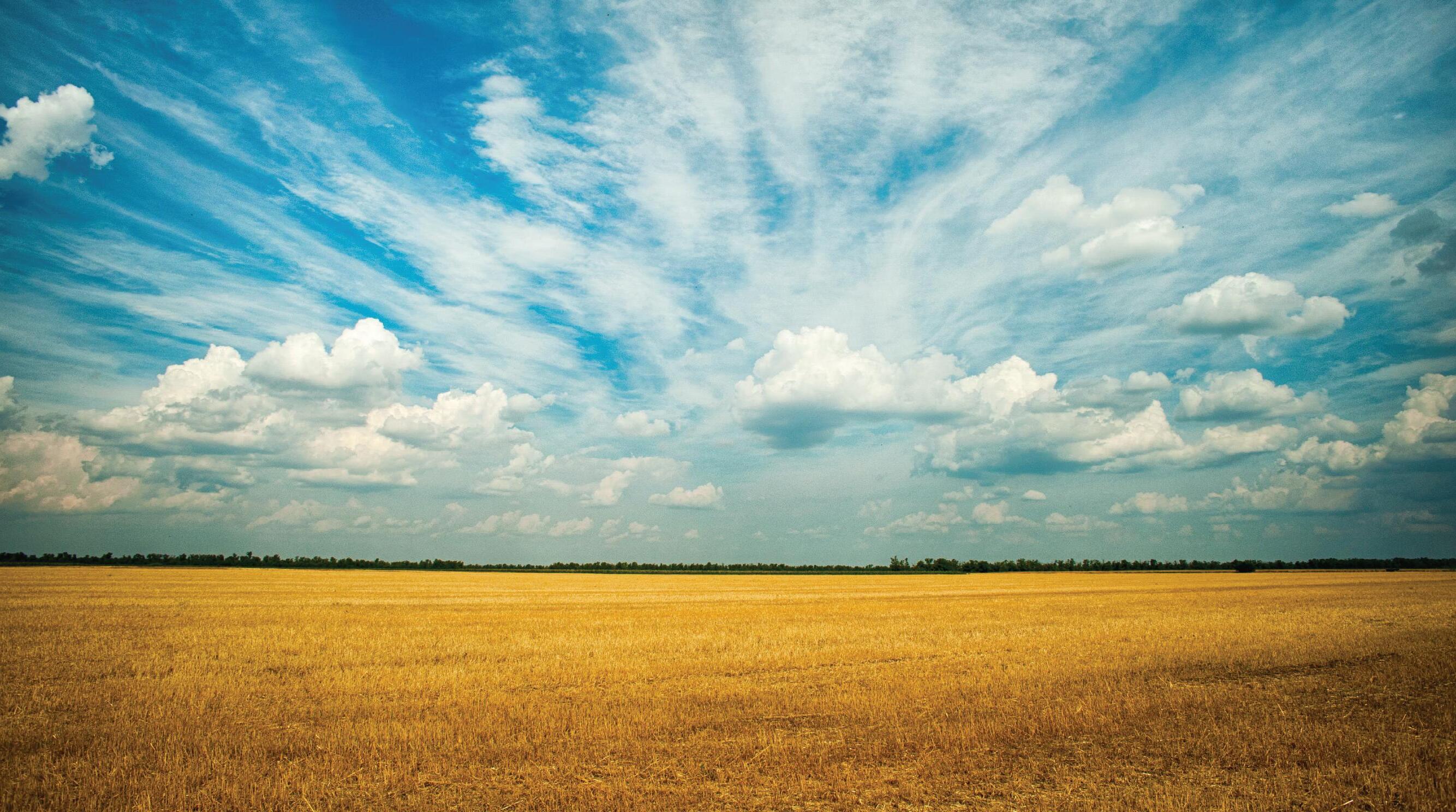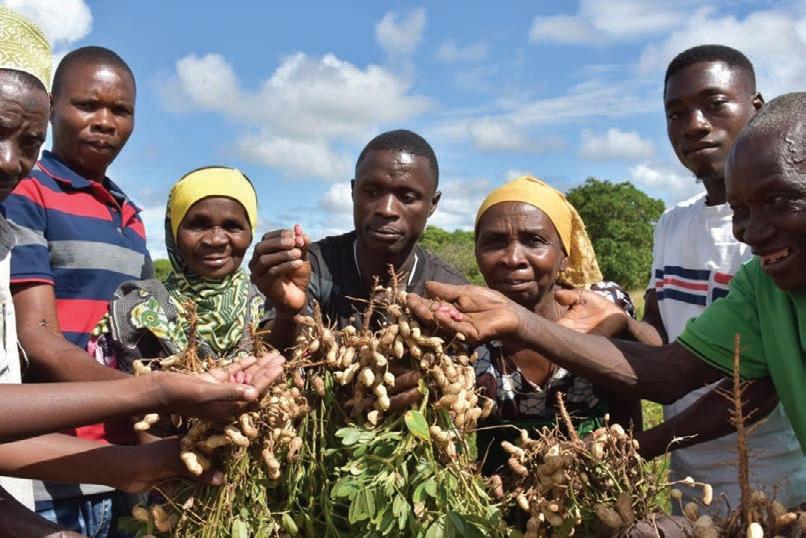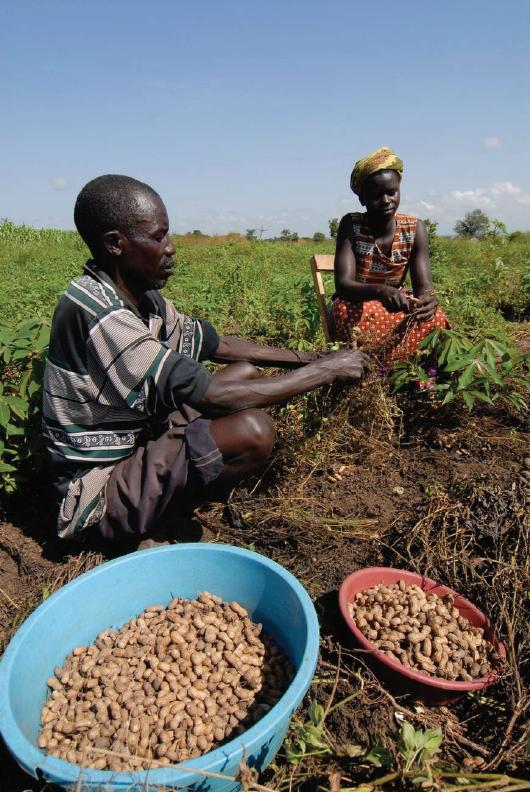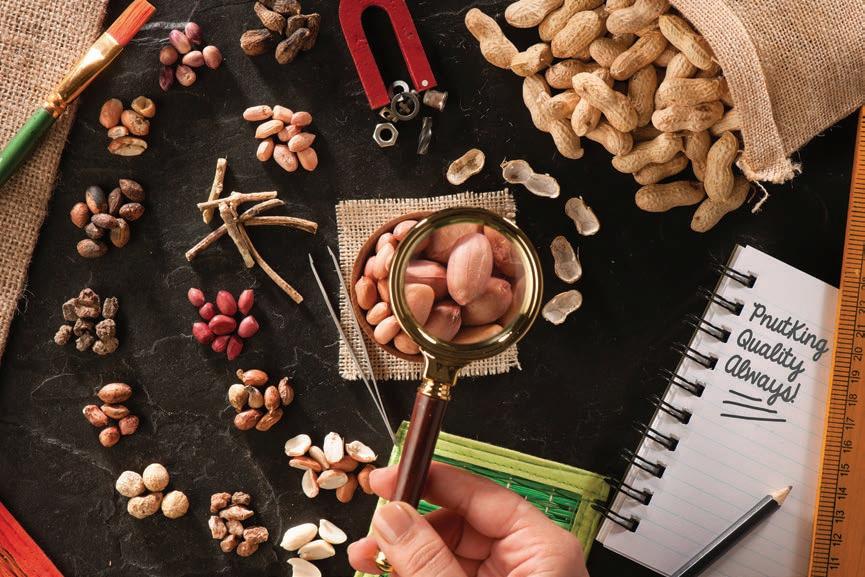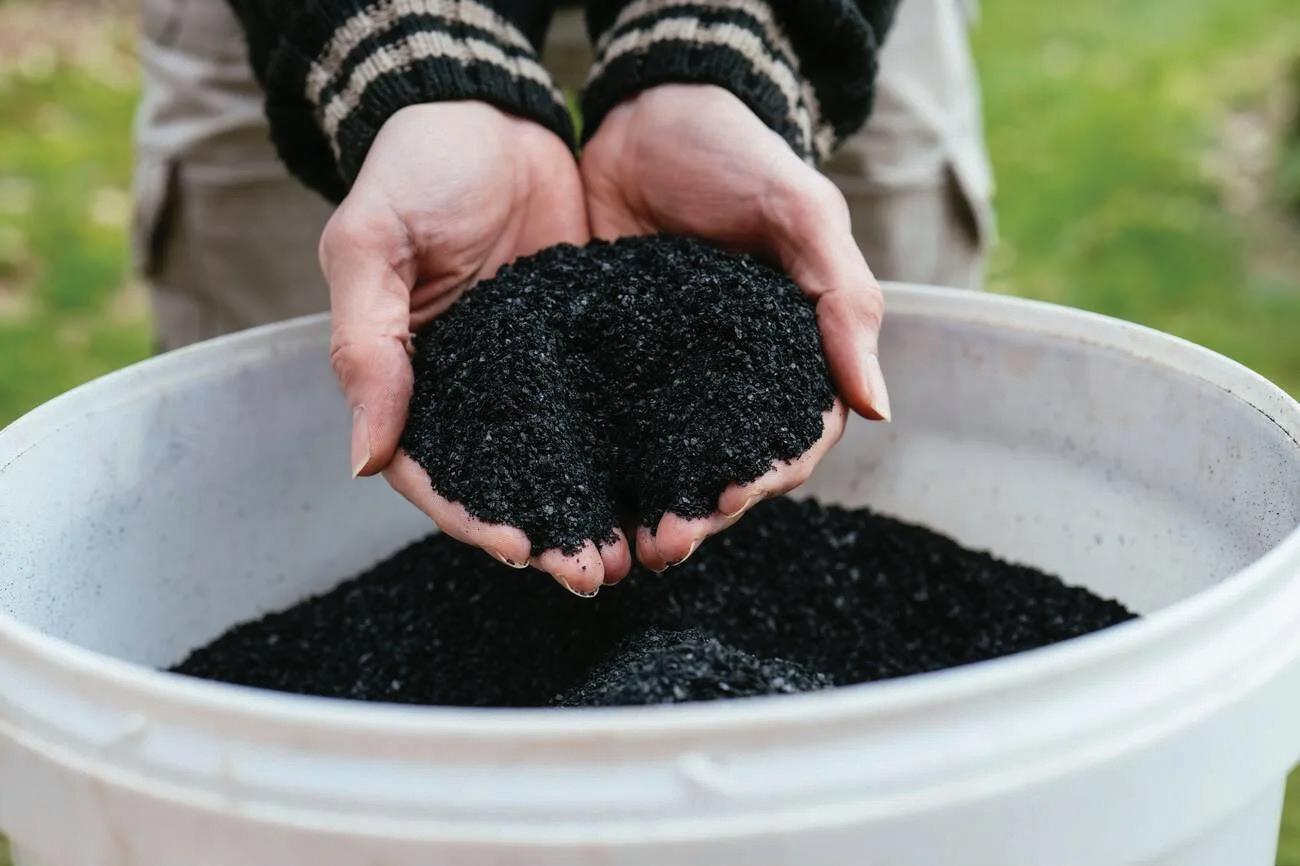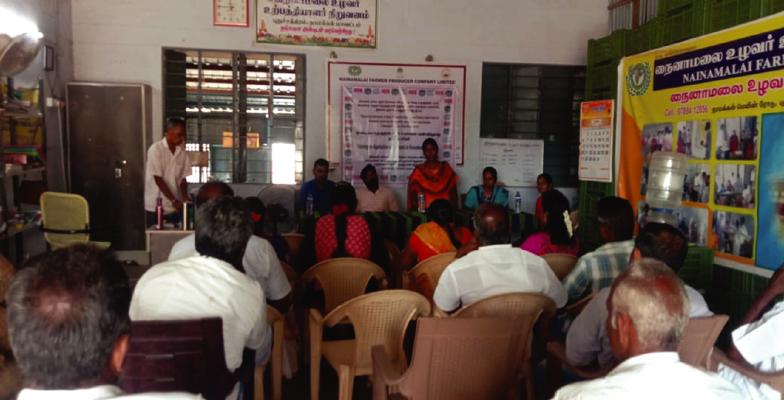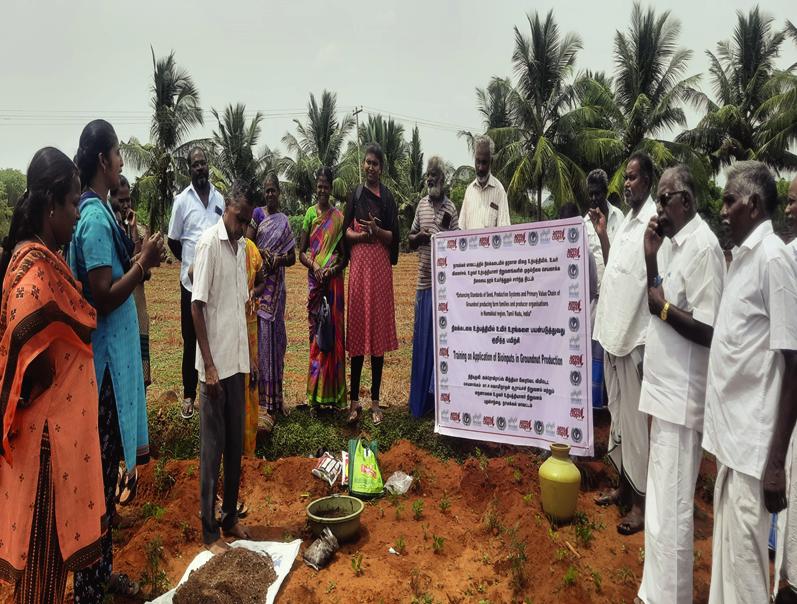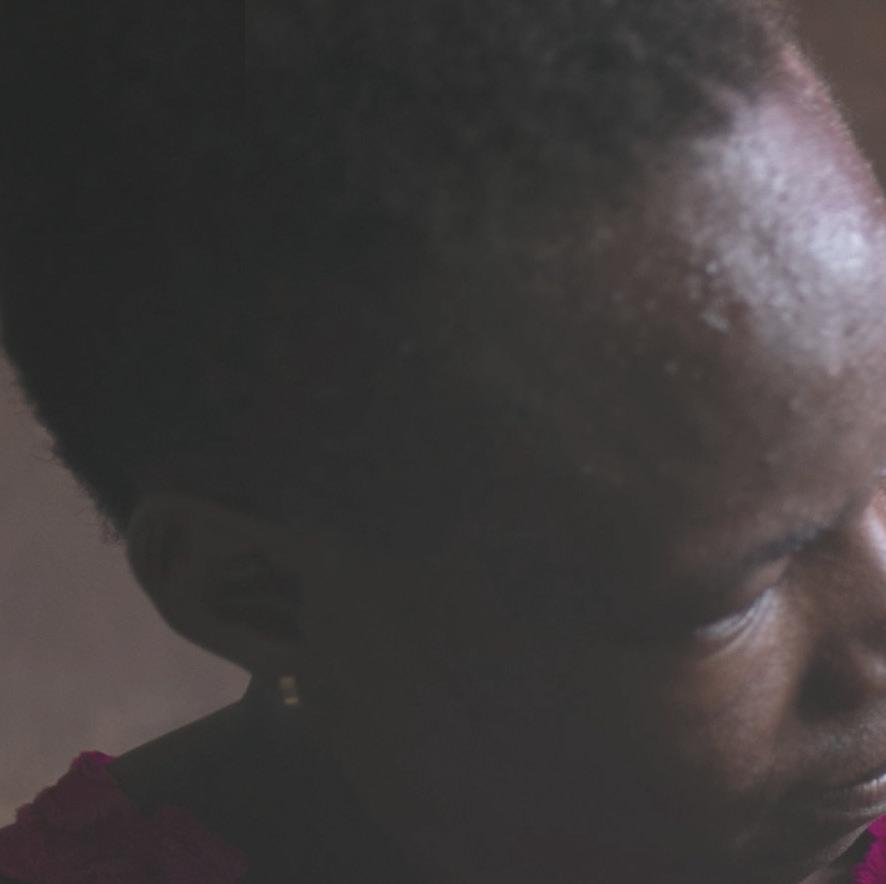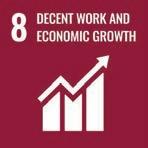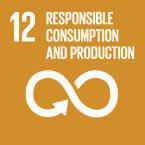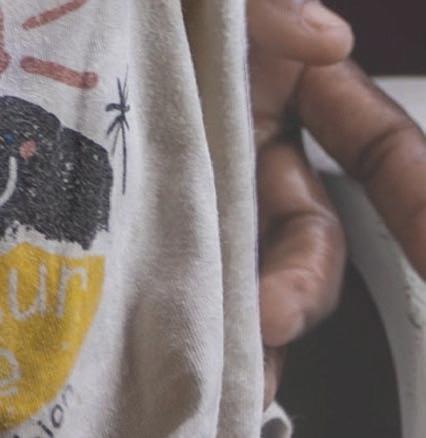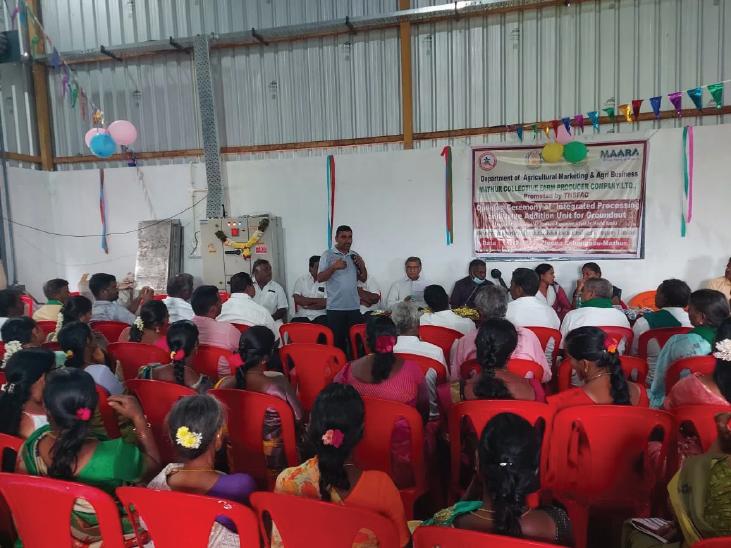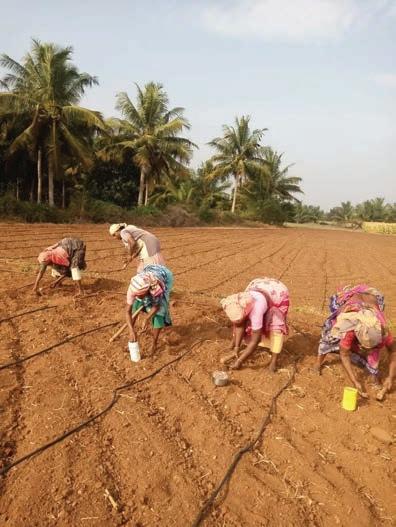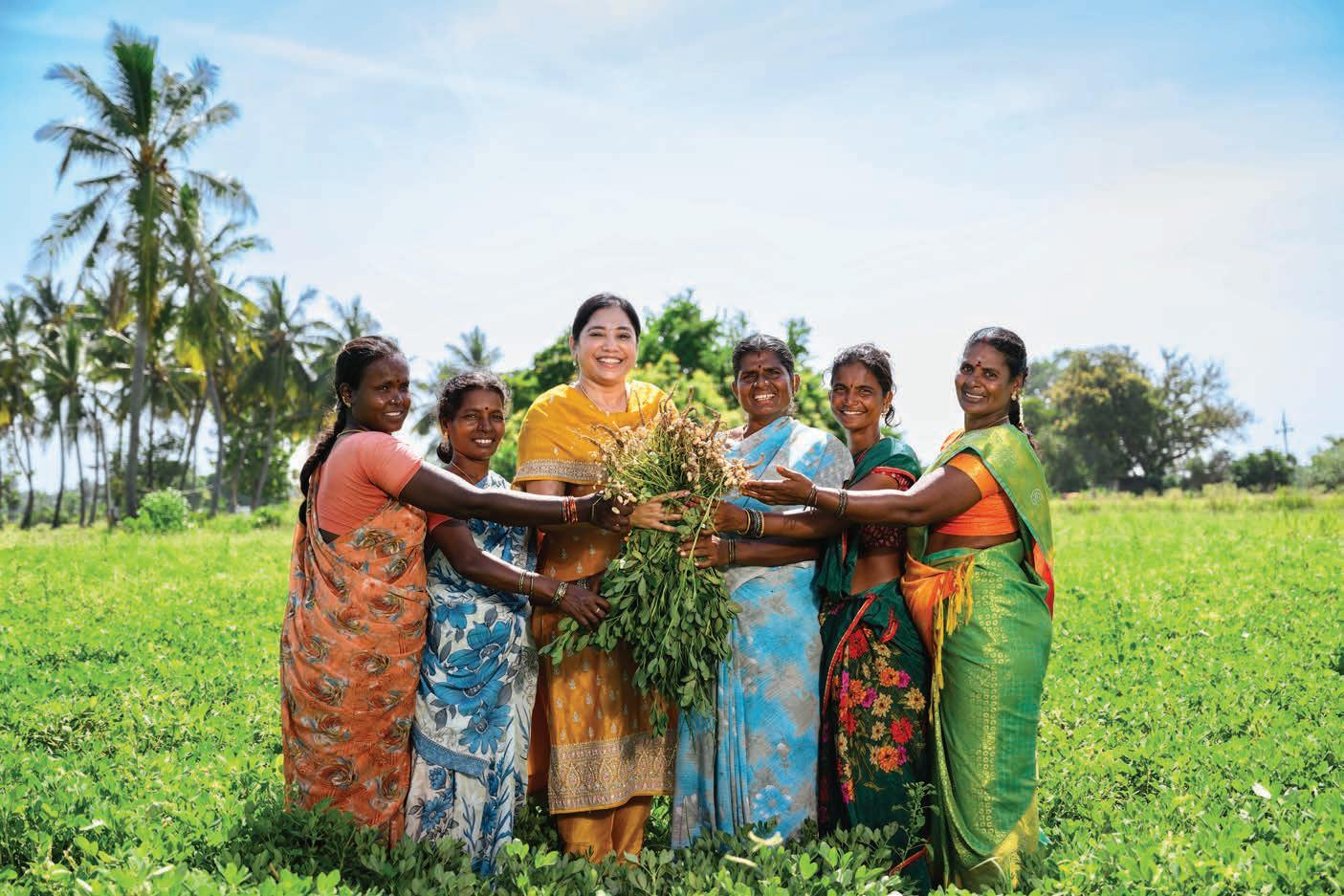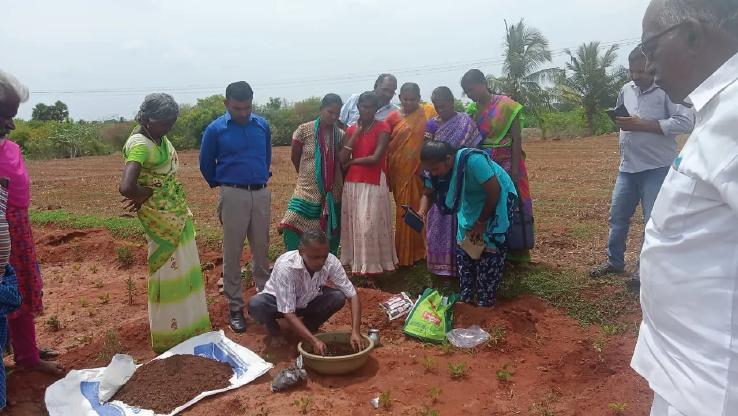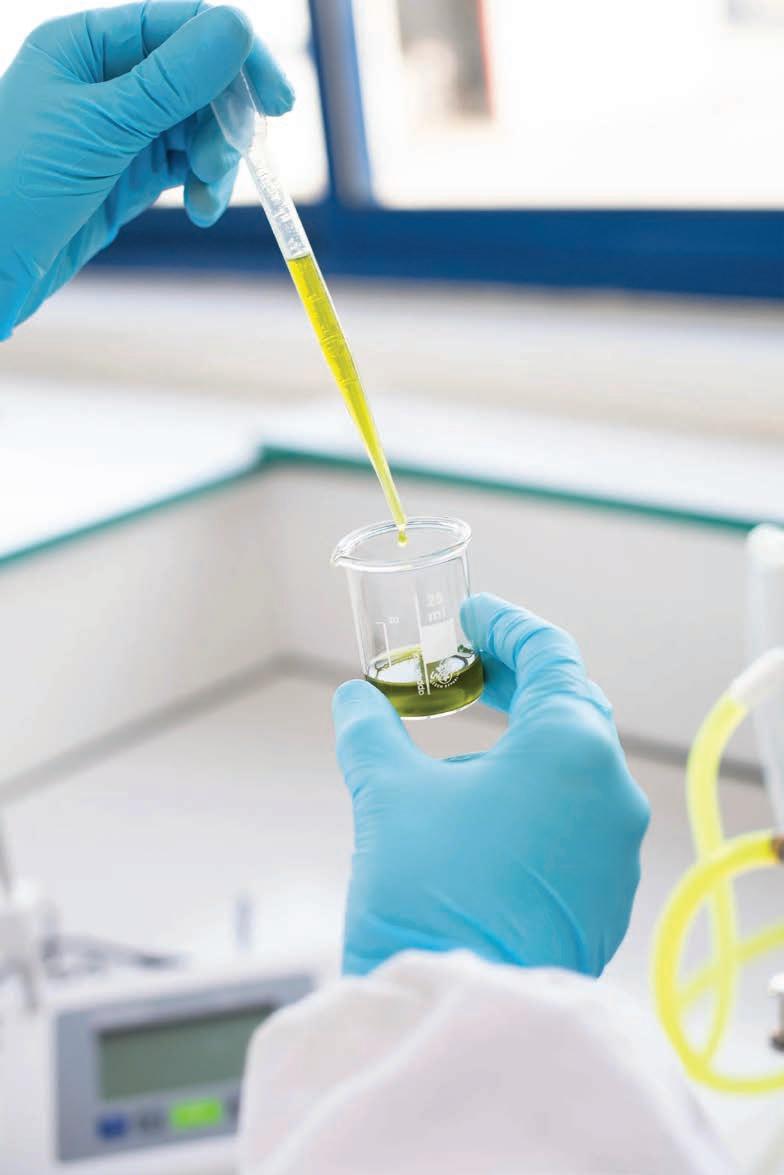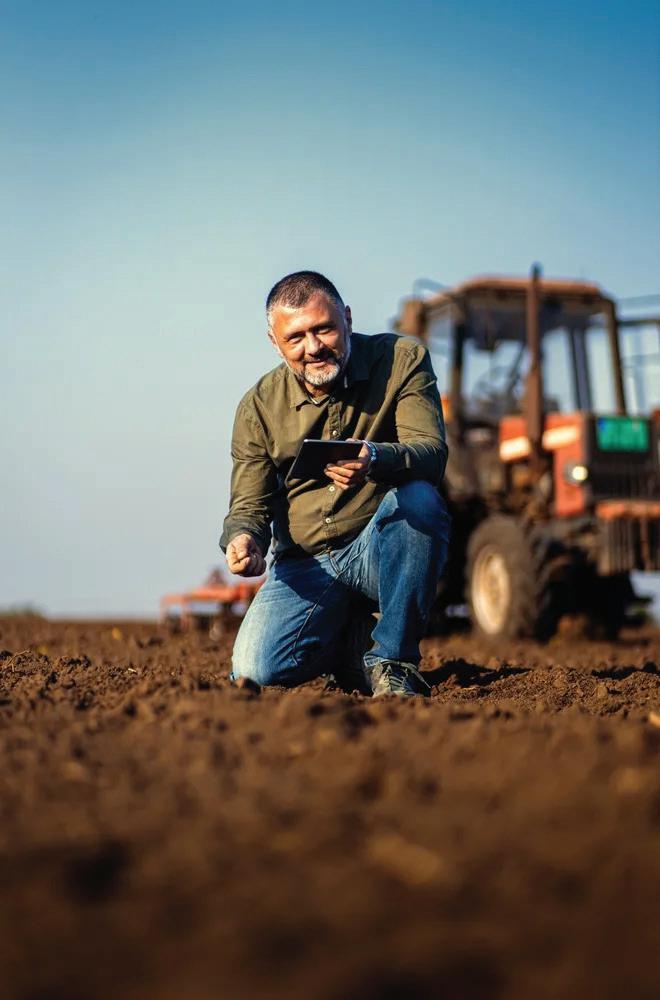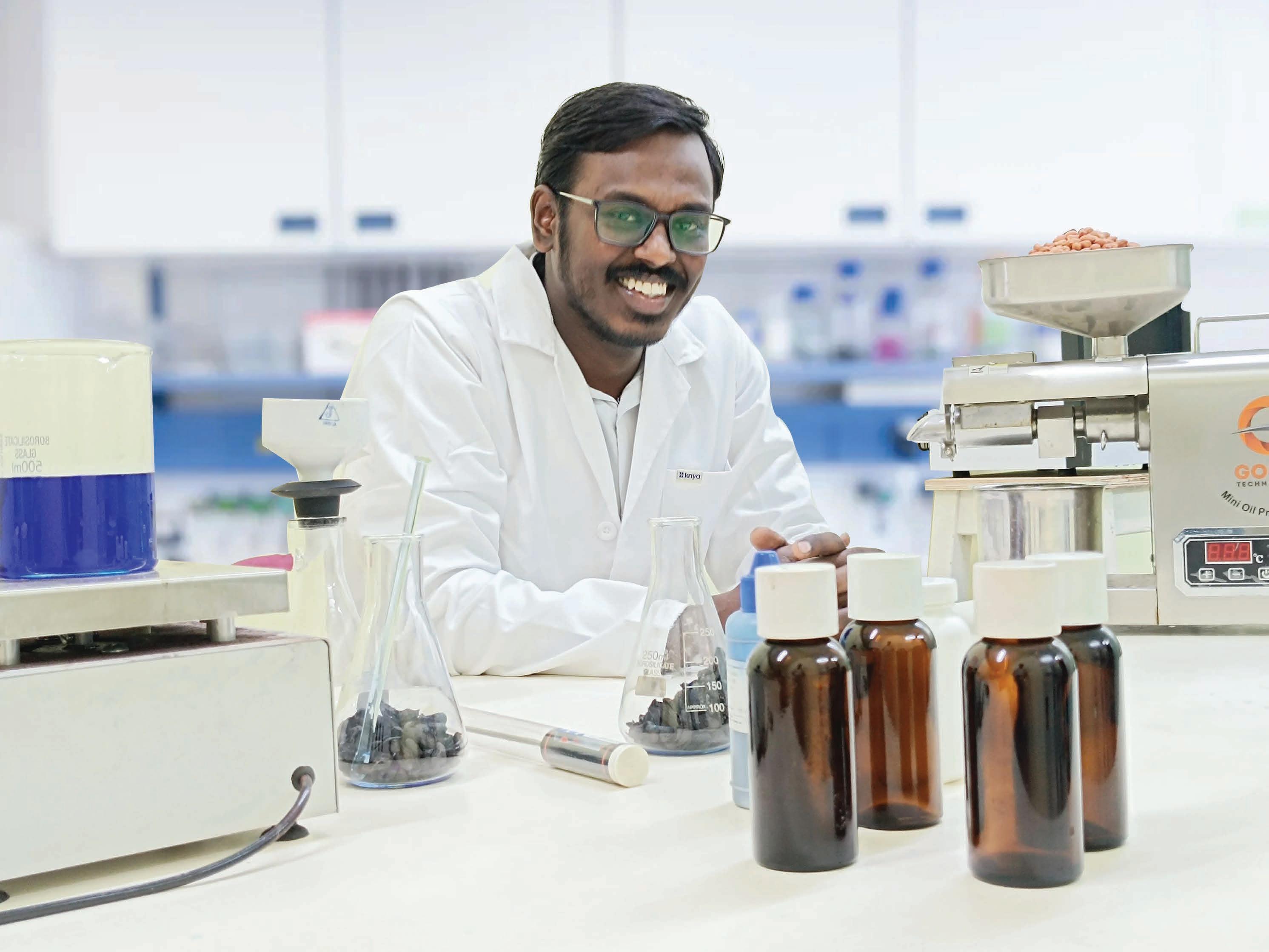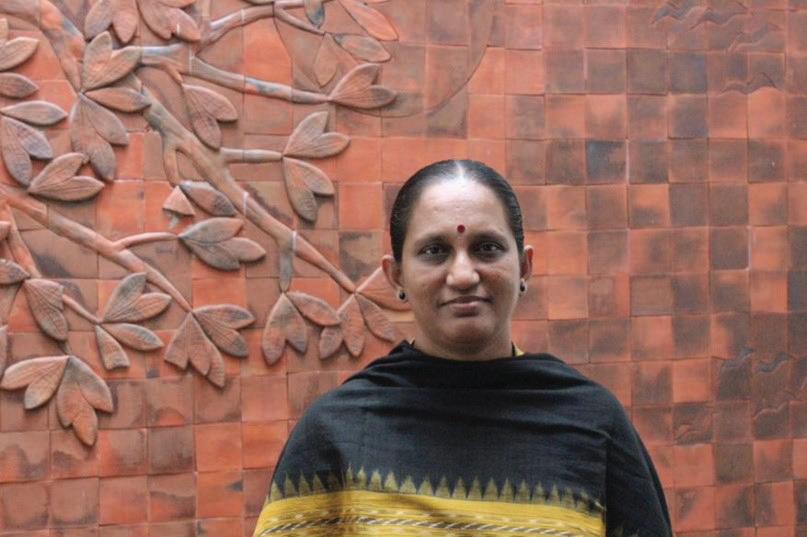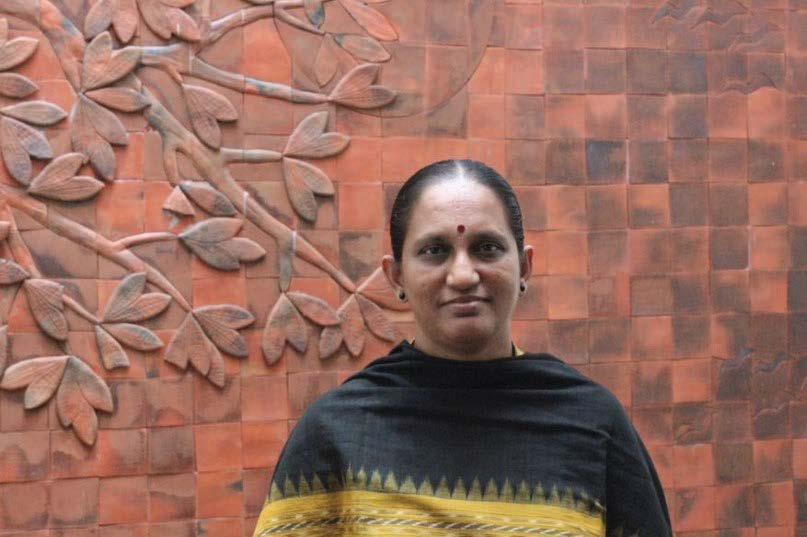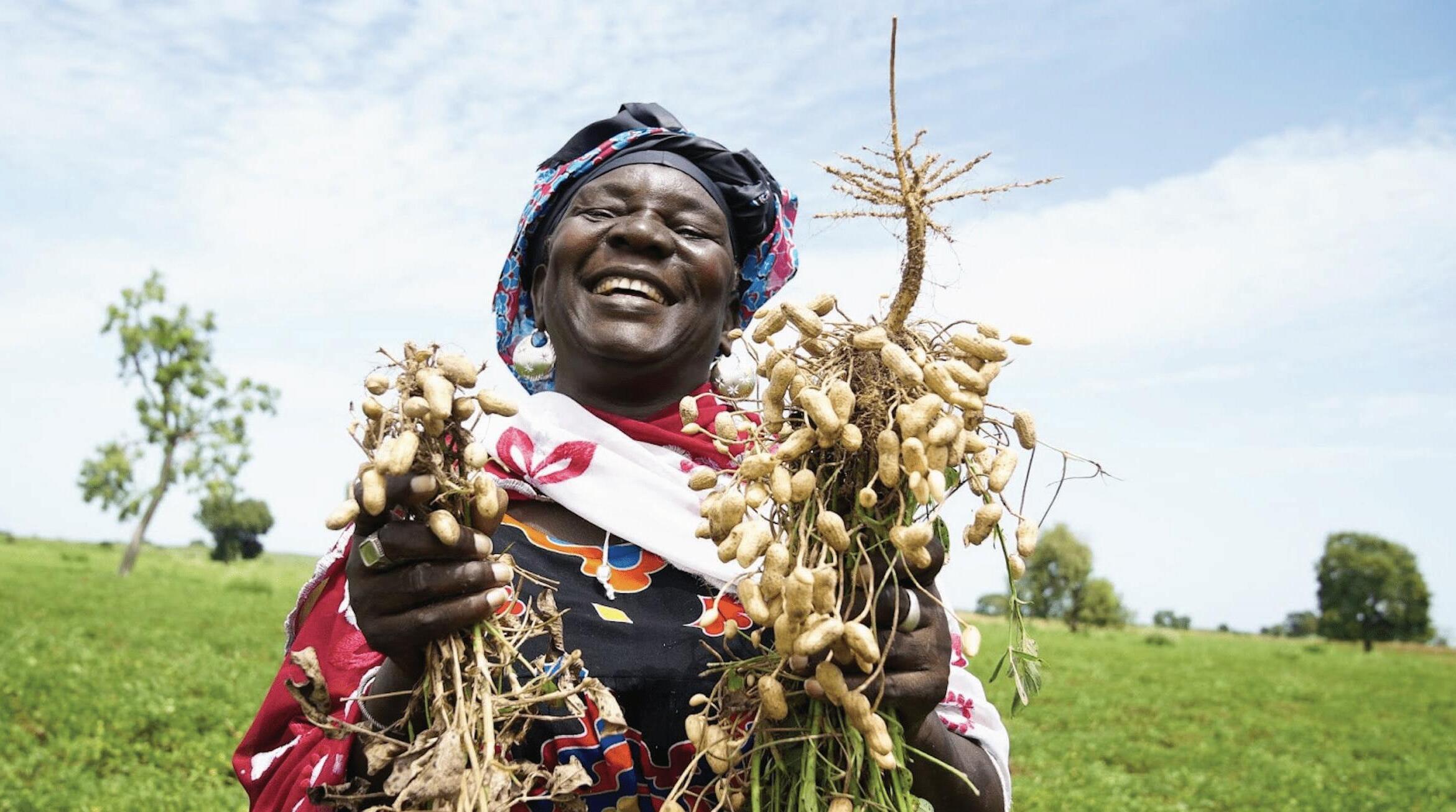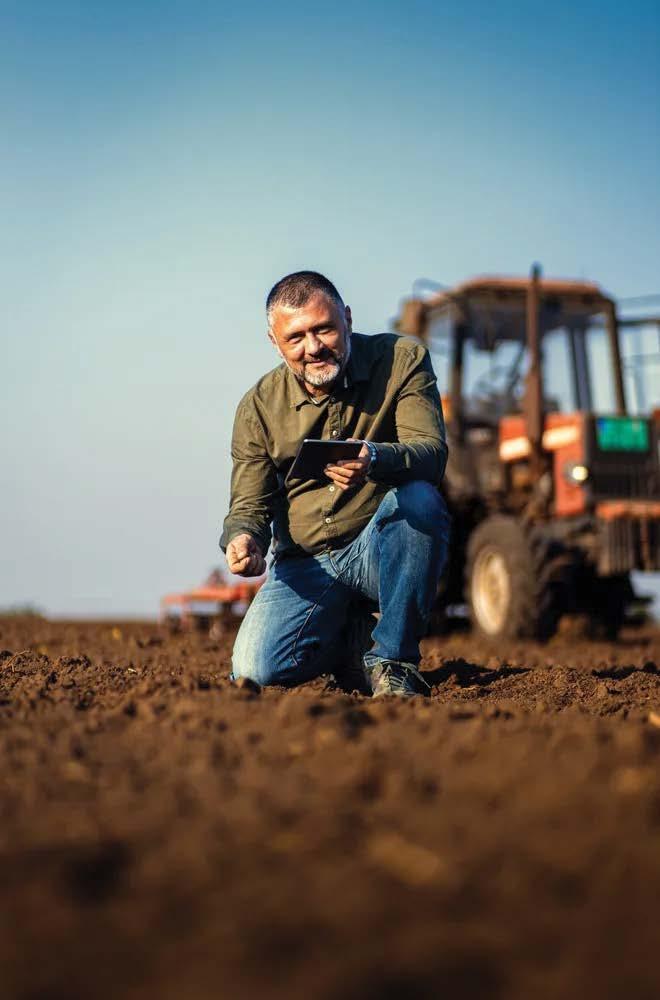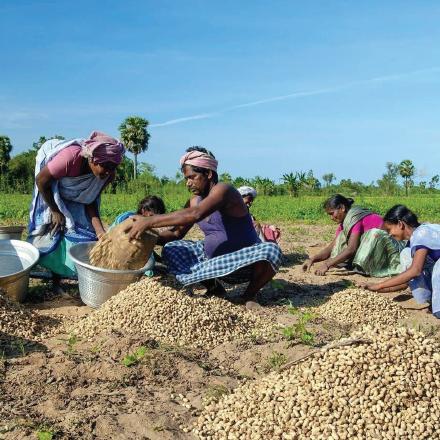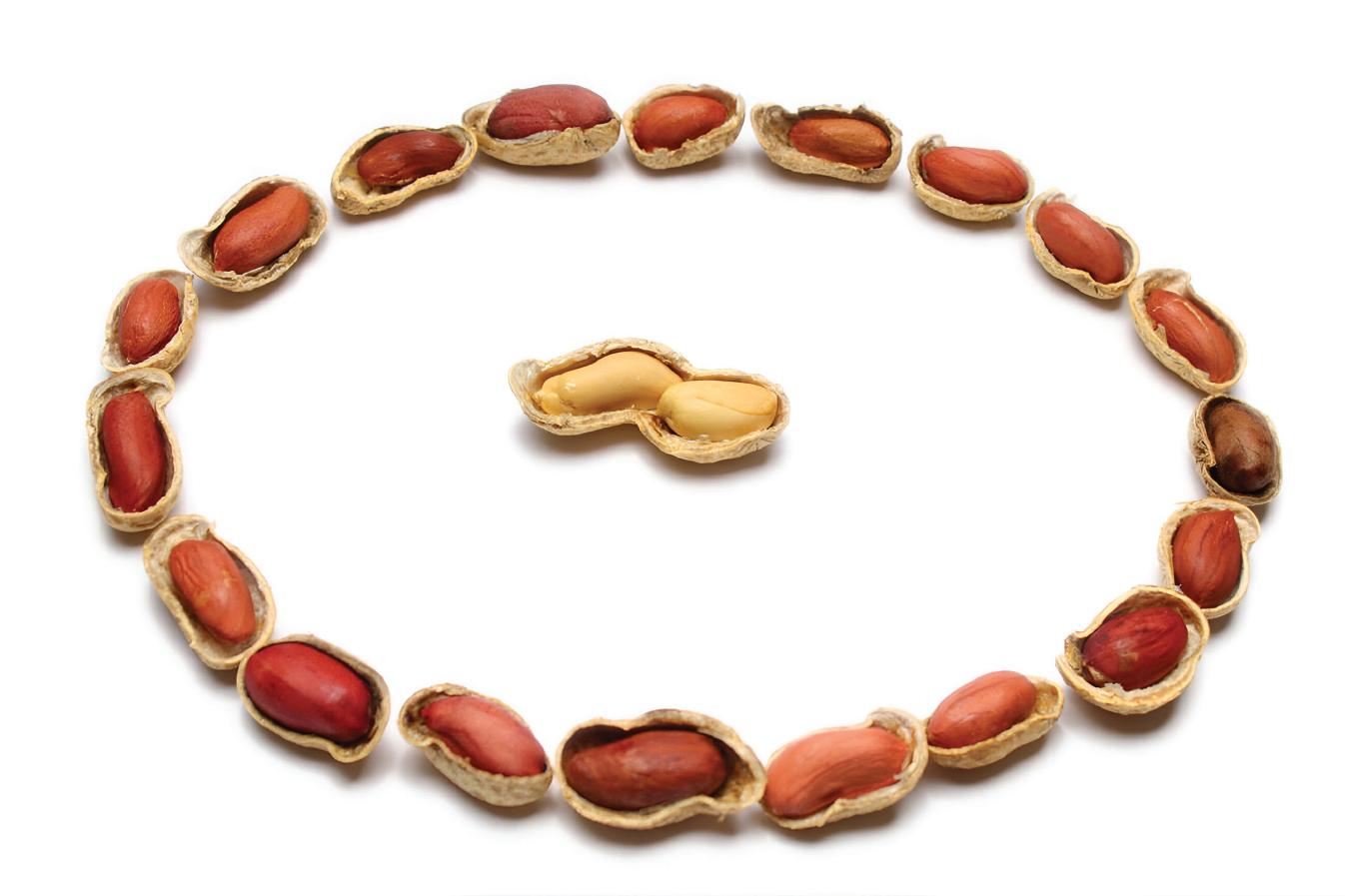Key Partners
Our approach is circular, as is our partnership. In the peanut industry, we excel at connecting the dots. By playing a central role, we leverage the strengths of our partners while complementing them with our own, fostering mutuality.
Clients
CIRCULAR ECONOMY
It gives me great confidence to present Agrocrops’ second Sustainability Report, showcasing our progress in this core strategy. For Agrocrops, sustainability means going beyond the status quo with innovative, disruptive and revolutionary changes that create lasting, positive impact.
We recognise our accountability to innovate, reduce our environmental impact, support our communities, and ensure the long-term sustainability of the peanut industry This report showcases the industry’s advancements in sustainable agricultural practices through
future Overall, the second sustainability report showcases Agrocrops’ commitment to sustainability and continuous improvements in its global operations.
Some of our significant accomplishments in 2023 have been our dedicated focus on peanut and planet. It reflects our radical approach.
After two years of dedicated work with over 19,399 farmers and 23 Farmer Producer Organizations (FPOs), we commercialized the HOPE sales. The first commercially produced shipment was sent to one of UNICEF's manufacturers, Hilina Enriched Foods PLC in Ethiopia. We are grateful to Ms. Hilina Belete and the Nutriset Group for trusting us to supply these highly nutritious peanuts for the production of Plumpy’Nut. Once again, we have upheld our farm-to-gate strategy while creating impact across the value chain.
Our sustainable agricultural practices expanded by 1844% to encompass over 31,182 acres in 2023 This growth is a testament
tion, certified seeds, and fair prices were implemented to emphasize regenerative agriculture.
Looking forward, we are committed to continuous enhancement. Using the momentum from this report, we will establish new goals, broaden our sustainability initiatives, and foster innovation within the peanut industry
Our progress is made possible by the dedication of our employees, the support of our partners, the trust of our valued farmers and FPOs, and the trust of our customers and stakeholders. Together, we are crafting a future where sustainable practices propel growth and prosperity for everyone.
Bhavani Saravanan Group Chief Managing Director
We manage global peanut origins and supply chain operations, operating in ever y value chains from far m to fac tor y to consumer produc t s
Our research and development focuses on seed improvement, collaborating on technology development, identifying new technologies for adoption in the peanut industry, and finding solutions to address industry challenges like biowaste. Additionally, we work on enhancing product shelf life and driving new product innovations.
With 56 years of extensive peanut industry experience, we are a second-generation family business Supported by an exceptional team, we manage global peanut origins and supply chain operations, operating in every value chains from farm to factory to consumer products.
Coverage of global peanut origins in our sourcing activities.
Over a 1840% increase in upstream activities, including contract farming and training programs.
of the smallholder farmers we support are women. Rise in Employee Benefits. Increase in HOPE (High Oleic Peanut) sowing since 2022.
Accelerate Business Growth through Quality, Innovation and Re-engineering of the Peanut Industry.
anut Visionaries, we’re ed to Build a better or Farmers, Buyers, tors, Value-adders, turers, and Consumhat we can all be Part ndustry that Works.”
Driven by our Entrepreneurial Spirit, we’re Creating new Benchmarks through our Portfolio of B2B and B2C Brands.
Consumer Brands
B2B Trademarks
shaped the global peanut industry in 2023?
standards and establish new benchmarks. By pushing the boundaries of excellence, we aim to set ourselves apart as leaders in quality, innovation, and sustainability on the world stage. This relentless pursuit ensures that our products and practices not only meet but exceed the expectations of international markets and regulatory bodies.
Empowering Farmers through Equipment Hiring Centre
Agrocrops has played a pivotal role in establishing an Equipment Hiring Centre for the Nallavur Farmer Producer Organization (FPO), with a focus on providing access to essential farming machinery, such as fertilizer sprayers.
have the means to purchase expensive equipment. By facilitating easy access to these sprayers, farmers can improve their crop management and productivity, resulting in higher yields and more sustainable farming practices. This Equipment Hiring Centre underscores Agrocrops' commitment to supporting farmers with the tools they need for success.
Benchmarks are at the core of every action we take and every decision we make. Despite facing challenges, our values remain steadfast. The partnerships we've cultivated over the years throughout our supply chain have enabled us to uphold the highest standards of labor and human rights, worker health and safety, and to make unprecedented strides in climate action, forestry and the stewardship of natural resources. While we take pride in our progress, we understand that each year and each achievement is merely a stepping stone in our continuous pursuit of "better."
Work in Progress
ESG materiality assessments are a way to define the social and environmental issues that are most important to a business and its stakeholders. It is a strategic business tool, and can help develop a well-focused ESG strategy.
IMPACT MATERIALITY
The comprehensive assessment was designed to validate the material issues identified through a detailed survey of ESG indicators. In conducting this assessment, we ensured meticulous alignment with all GRI aspects and indicators, strictly adhering to established reporting guidelines. Beyond mere validation, this process allowed us to refine our understanding of the key issues impacting our business, ensuring that our sustainability strategy is both informed by stakeholder expectations and grounded in globally recognized standards.
Our five step Approach to Materiality Assessment
Gather
The assessment results are mapped onto a materiality matrix, illustrating the level of stakeholder interest alongside the potential impact on the business. The insights from assessing significance to internal stakeholders which highlights the crucial topics are positioned along the “Y” axis. The outcomes from assessing significance to external stakeholders which indicates the areas of greater influence on the business are positioned along the “X” axis.
In 2023, we focused on expanding our impact on the smallholder farmers we collaborate with and advancing research and development in regenerative farming through carbon management. We recognise that these priorities present significant positively impact the ecosystem we are part of.
Wide Waste)
(Women Work Force/Farmer)
Through our ESG priorities we support the following SDGs:
(World
Carbon Sequestration HOPE (High Oleic Peanuts) Edufarm
Peanut Waste Transformed into Eco-Friendly Packaging Solutions
Innovative Partnerships by Mars Help Safeguard Smallholder Farmers’ Harvests
New TIFCB7 Peanut Variety Promises Enhanced Sustainability
Agrocrops and VAS Green FPC Boost Farming with Girnar-4 Seeds
Why is Agrocrops the Leading Sustainability-Focused company in the Peanut Industry?
We are ensuring that the cultivation and consumption of peanuts contribute to a thriving planet and resilient communities.
Coming Soon
The theme of the video is ”i" highlighting how change starts from within. This video was produced entirely in-house, with the exception of the voiceover and editing.
“A Rising Tide Lifts Every Boat”
Agrocrops recognizes that climate change is more significant now than ever before. We are taking proactive measures to address its impacts, including implementing an adaptive transition plan that strengthens resilience, promotes sustainable practices, and fosters innovation across all levels of our operations.
Water stewardship is a crucial foundation of sustainability at Agrocrops, reflecting our commitment to responsible water use, conservation, and environmental protection. We understand that water is a vital resource essential for our operations as well as the communities and ecosystems that rely on it. Our dedication goes beyond simply meeting regulatory requirements; we actively strive to balance our operational needs with the preservation and enhancement of water resources for both current and future generations.
At Agrocrops, we use water solely for domestic purposes and maintain a water-free production process. Recognizing water as a critical material topic in our value chain, we collaborate with FPOs to implement initiatives that conserve water at farmers' sites, prosupports the long-term sustainability of agriculture. Water Conservation Practices
mental component of our commitment to sustainability and environmental stewardship. We recognize that minimizing waste not only contributes to a healthier planet but also enhances well-being of the communities we serve.
Our Approach to Circular Economy
Our Initiatives
Agrocrops is a peanut-centric company, so everything we do is of utmost importance to us. We aim for circularity by design, business model, and overall strategy to thrive and develop the ecosystem. By doing so, we lay the groundwork for our operations. This approach helps us prioritise our sustainability agenda and shape our narrative.
Women
We seek the engagement of women farmers and the upskilling of women employees in our projects and businesses because they are the bedrock of our society. Uplifting women has a positive impact on their entire families.
Education
Highlights of our Circularity Model
We invest in long-term impact through education, and by connecting food and education, we aim to build a self-sustaining model of value creation and impact.
Nutrition & Food Security
Can we produce more? And how can we preserve whatwe produce for a longer period? Can this add-value for our customers and stakeholders?
How can we take advantage of science? We approach our challenges with a unique perspective.
Environmental Stewardship
Peanut plants fix nitrogen in the soil, providing essential nutrients for the next crop. How can we leverage this paradigm in our business model?
E32%
of global peanut cultivation operates without regulations on pesticide usage and 90% lacks regulated Persistent Organic Pollutants (PoPs) policies, including guidelines on land use and biodiversity.
Less than 3% of global peanut production utilizes regenerative or organic farming practices.
15%
of global peanut origins have a traceability system in place.
10%
Nearly 10% of peanut bio-waste is used as landfill, poultry feed, or biomass.
S40% of the origination is classified as high-risk in terms of labor practices, including fair wages, child labor, and safety.
There are less than 1% of factory certified for global food, health, and safety standards such as BRC.
90% of the global peanut acreage has yields that fall more than 50% below industry benchmarks.
The monthly average income of a peanut farmer is US$45 in least developed origins, US$140 in developing regions, and US$13,000 in developed countries.
GExcept for the U.S., which accounts for 5% of the global harvest, the rest of the origination lacks strong government policies to regulate the upstream and midstream sectors of the peanut industry.
Toxins in peanuts are either unregulated or loosely controlled during cultivation in 90% of the origins and 82% of the consumption regions trade without strict regulations.
Despite adopting modern farming technology, regenerative agriculture practices remain poor
Global Challenges
Historical Pressing Risks for Sustainable Growth in the Peanut Industry
On average peanut farmers earn US$5 per day, which is below the average income in agriculture
The industry lacked innovation in key areas such as seed germination, yield, irrigation, processing of raw material
More than 95% of the peanuts harvested and traded worldwide do not fall under a sustainable sourcing framework
Nearly 12 million tons of peanut biomass waste are not managed with optimal usage or solutions
Supporting the education of employees' children is a vital aspect of workforce welfare, reflecting our commitment to the holistic well being of our team members and their families. Education is a powerful tool that shapes the future, not only of individuals but also of communities and society at large. By extending support to our employees' children, we are investing in the next generation, fostering a sense of security, and enhancing the overall quality of life for our workforce.
In essence, supporting the education of employees' children is not just an act of corporate benevolence; it’s a strategic investment in the long-term success of our people and our business. It reflects our commitment to creating a supportive, family-friendly workplace that values the well-being of employees and their families, fostering a
and
We believe that a diverse workforce is essential not only for fostering innovation and creativity but also for driving business success. Diversity enhances our workplace culture by bringing together a variety of perspectives, talents, and experiences, which helps us better serve our global markets. Promoting gender diversity is particularly important in achieving true inclusion, equity, and a well-rounded workforce. By increasing female representation, we gain valuable insights into customer satisfaction and preferences, allow-
strengthens our ability to meet the unique needs of our clients and improves overall business strategies.
Diversity at Group Level
- Type of Employment
We are dedicated to addressing health, safety, and environmental issues. A key aspect of our commitment involves engaging and empowering our colleagues to prioritize safety both at work and in their personal lives.
We maintain a comprehensive Occupational Health and Safety system, which is overseen by a safety committee chaired by the CEO. This committee is suppor ted by plant heads, as well as teams from engineering, processing, and quality assurance. The committee conducts bi-annual reviews of OHS measures, while plant heads continuously monitor safety protocols within their respective operations.
Health and Safety for Employees
Workplace Safety Training
We conduct regular safety training sessions for our employees. These sessions cover the proper use of machinery, handling of hazardous materials, emergency procedures, and first aid. The goal is to equip employees with the knowledge and skills needed to prevent accidents and respond e ectively in case of emergencies.
Personal Protective Equipment (PPE)
Employees are provided with appropriate PPE, such as gloves, ear plugs, masks, safety shoes and protective clothing, depending on their roles. The use of PPE is strictly en-forced to minimise the risk of injury or ex-posure to harmful substances.
Commitment to Workplace Safety
Agrocrops is devoted to meeting or exceed-ing all relevant health and safety regulations. We invest in our employees and facilities to cultivate a strong health and safety culture aimed at achieving an accident-free envi-ronment. We continually work to enhance our processes, tools, and metrics, while investing in training and communication.
Regular Health, Safety, and Environment (HSE) assessments are conducted to evalu-ate our progress in integrating HSE practices throughout our operations. We have inte-grated the HSE requirements as a part of our sustainability policies as part of our non-ne-gotiable commitment to improving compli-ance and culture.
Progress in workplace Safety
In 2023, our ongoing emphasis on leadership, capability building, and HSE assessments has led to improvements in most of our safety performance indicators. Over the past two years, we have recorded zero incidents, zero fatalities, and zero hours lost due to injury.
Health and Safety in Farming Activities
Farmer Training and Education Safe Farming Practices
We provides training to farmers on safe farming practices, including the proper use of pesticides and fertilisers, safe handling of equipment, and techniques to reduce physical strain. This training helps prevent accidents and promotes the overall health of the farming community.
Pesticide Management
The company emphasises the responsible use of pesticides, ensuring that farmers are aware of the correct dosages and application methods to minimise exposure and environmental impact. They also promote the use of personal protective equipment when handling chemicals.
Improved Farming Techniques
We promote the use of modern farming techniques and machinery that reduce the physical burden on farmers, thereby lowering the risk of injury This includes encouraging the adoption of tools that are ergonomically designed and safer to use.
Environmental Safety
The company also focuses on environmental safety by promoting sustainable farming practices that reduce the use of harmful chemicals and encourage biodiversity This not only protects the health of farmers but also ensures a safer and healthier environment for the entire community.
Our priority is the health and well-being of consumers, who are ultimately our customers' customers. We have built trust with our clients by consistently delivering safe, nutritious, and delicious products. Our process, technology, and data management systems are unique to set a new standard in the peanut industry.
Risk Management and Traceability
Sanitation
Sanitary Environment
Quality Standards and Safety Practices
Compliance with Regulations
Hazard Analysis and Critical Control Points
Traceability and Recall procedures
Allergen Management
Food Safety Management Certifications
Packaging and Storage Protocols
Geo-tagging
Overview of International Food Safety Certifications by Plant/Site:
Agrocrops – Mundra
Agrocrops – Chennai + KMPL
Agrocrops – Hiriyur
Agrocrops Spices Pvt Ltd (ASPL) – Guntu
Testing and Monitoring
Employee Training
needs for an active and healthy life. This essential framework encompasses several key dimensions: availability, access, utilization, and stability of food supplies.
HOPE Initiative
Agrocrops collaborates with FPOs to supply High Oleic seeds to supplier farmers. It tackles the problem of malnutrition through the supply of High Oleic Peanuts (HOPE) in partnership with foundations and manufacturers.The Hope mission is a long term initiative and aligns with UNICEF’s manufacturers who produce the therapeutic products such as RUTF.
We realize that community engagement goes beyond fulfilling corporate social responsibility; it is a core strategy that drives the sustainable growth and strengthens its connection with the communities it operates in. By investing in local development, Agrocrops not only supports the immediate needs of the community but also fosters long-term resilience and shared prosperity. It is not just a moral obligation but a strategic investment for Agrocrops,enhancing sustainable operations and strengthening its role in local development.
Impacting Transformation
Consultation Meeting with Rang De Free Seed Distribution
FPO Engagement and Development
Bio-inputs Distributed
Educational Support for Poor and Disabled Students
Infrastructure Development
Agrocrops has embarked on a significant mission to cultivate and expand High Oleic Peanuts for and by Indian farmers and consumers. These peanuts are prized for their longer shelf life and nutritional benefits, aligning with the growing global demand, particularly from multinational snack-food manufacturers and UNICEF’s Malnutrition project manufacturers like RUTF (Plumpy'nut). The HOPE mission is a long-term initiative, projected to take nearly a decade to reach its first major milestone. Throughout this journey, Agrocrops collaborates with smallholder farmers, especially women farmers, FPOs and cooperatives, NGOs, foundations, and certifying bodies. While our 2022 susthis project, our 2023 report showcases the tangible achievements we’ve made so far.
Here are the key aspects of Agrocrops' High Oleic Peanut (HOPE) Sowing Project
Agrocrops aims to promote gender equality in agriculture, enhance the economic status of women farmers, and contribute to the overall development of rural communities.
Training and Capacity Building
Financial Inclusion
Community Engagement
Activated
Biochar
We have invested in enhancing our capabilities to utilize peanut husks, a common waste product, to produce biochar and activated carbon for industrial and agricultural use. This process transforms a global waste material into valuable resources, contributing to sustainability
Renewable Biogas and Resins
bio oil and bio gas, which have various industrial applications, including the production of resins and renewable energy.
Extending the
Our biochar project led us to develop fortified biofertilizer, which contains beneficial bacteria that transform less fertile land into more fertile land.
peanuts, thereby increasing their shelf life by 300%.
and fat content in peanuts through non-destructive hyperspectral phenotyping. Additionally, hyperspectral imaging is used to determine the enzymes responsible for germination in peanuts, significantly saving time compared to traditional physical and chemical methods.
Black is Good, Black is Gold
Our carbon approach is unique and comprises two distinct approach. We are so passionate about carbon that we have adopted both conventional and innovative strategies. The scale of the carbon challenge is substantial, necessitating both short-term and long-term solutions, as it is an ongoing issue. The global peanut industry produces over 12 million tons of waste a year. Let’s begin by exploring our innovative approach.
With our innovative approach, we have successfully completed the phase of validating scientific solutions for waste management at the laboratory level. Through our project initiative “Black Gold”, Agrocrops aims to convert industry waste into valuable resources, while the industry-wide accepted best practice focuses on generating green energy from this
Anti-Corruption Measures
Continuous Improvement
Community Engagement
"Leading pioneering drive Agrocrop initiatives, including peanut supply cha analysis techniq bio-circular econom waste-to-value trans
Fairtrade Practices
Mr. Sureshkumar K Research & Development
Employee Welfare
Philanthropy and Community Investment
Our groundbreaking projects aim not only to enhance our competitive edge but also to contribute to the broader goal of creating a sustainable and environmentally friendly peanut supply chain.
Making Our Peanut Supply Chain Carbon Neutral
Ethical Marketing Practices
Developing Non-Destructive Analysis in Peanuts
Creating a Bio-Circular Economy with Peanut Husk Biochar as a Fortified Biofertilizer
Stakeholder Engagement
Peanut-Carbon, and the Roadmap to Regenerative Farming
Peanuts can become a carbon-friendly crop if we use innovative science approch. However, from developed regions like America to underdeveloped regions such as Africa, the focus on carbon-friendly processes remains limited. Given that peanuts are grown in around 90 country, producing 54 million tons and representing 88% of the global nut market, neglecting carbon considerations would not only be a missed opportunity but also adversely impacting our environment in large scale.
Roughly 95% of peanut-growing regions have yet to adapt to more than 75% of the identified risks and opportunities, indicating that the industry is still in its nascent stage when it comes to carbon accountability
Agrocrops' carbon perspectives are both innovative and strategic, aimed not only at minimising adverse impacts but also at creating opportunities for regenerative farming. This approach is a key component of our reengineering strategy
Statistics (India Level1 )
Our research highlights both the adverse and potential impacts of peanut across value chains on carbon emissions, as illustrated below. There is a potential to reduce emissions by 55% in the industry by utilizing the waste it generates.
Deeper Public-Private Partnerships
The public-private partnership was a key instrument of change in agriculture. The founder of MSSRF underlined collaborative models that aim for win-win situation by bringing together the best of the public sector, private enterprises, and civil society organizations. This needs to be scaled up for workability, stimulation of innovation, and growth
chain. MSSRF facilitated a partnership with Agrocrops Pvt Ltd and Nallavur Farmer Producer Company Limited (having above 1000 small farmers (above 80% women) as shareholders) in building the Groundnut value chain adopting the fair trade principles.
The debate was on how to revitalize policy reform, largely through setting an enabling environment for sustainable development in agriculture. This includes the possibility of re-examining the policies on land use, water management, and agricultural subsidies with a view to bringing them in line with the long-term objectives of food security, environmental sustainability, and rural prosperity.
¹ These statistics were calculated using Indian production and consumption levels, based on the hypothesis: If all peanut plants grown in India were processed domestically with an optimal carbon-related waste management solution, how much emissions could be saved? (55% Savings)
² The calculations provided are estimates based on scientific data and calculators, expressed in units of KgCO₂e per ton. Actual values may vary depending on geography, peanut varieties, and other factors.
Our love for Carbon
We are fortunate to have crises bringing opportunities beyond our imagination. Our love for carbon emerged from the challenge of managing our waste, which opened up a new universe of possibilities. Today, we have the capability to transform our waste into valuable resources while sequestering carbon and generating carbon credits. This commitment not only drives us beyond basic greenhouse gas measurements but also allows us to commercially offer carbon-free peanuts under our brand. Carbon will continue to be central to our business evolution in solving global problems using peanut waste.
Saravanan Lokasundaram CEO Agrocrops
Purpose Driven Governance
Stakeholders Interest
Board Oversight of ESG
We be lieve t ha t sust aina b le gr owth is d ee ply roo te d in st ron g cor p ora te go vernance , where our co mm i tm e nt to et hi cs, tra ns pa ren cy, and stak eholder value forms t he core of Ag rocro ps' strateg y.
Board of Directors
Corporate
Governance Framework
For us, ethical conduct is not just a corporate value; it is the essence of who we are and how we operate. Our commitment to business ethics extends from our interactions with farmers and workers to our engagement with consumers, suppliers, and the broader community. Please find an overview of our business ethics framework, practices, and ongoing initiatives.
Code of Conduct
Environmental Responsibility
Anti-Corruption Measures
Fair Labour Practices
Transparency and Communication
Continuous Improvement
Supplier Code of Conduct
Community Engagement
In the context of Agrocrops addressing the social pillar of sustainability involves initiatives and practices that contribute to the well-being of the community, employees, and other stakeholders. Our Responsible Social Engagement Framework involves following aspects.
Community Engagement
Fairtrade Practices
Employee Welfare
Social Impact Assessments
Philanthropy and Community Investment
Education and Training Programs
Ethical Marketing Practices
Cultural Sensitivity
Stakeholder Engagement
Governance policies ensure transparency, accountability, and ethical conduct in sustainability practices. These policies provide a structured framework for managing and disclosing ESG impacts. By implementing robust governance policies, companies can enhance their credibility, demonstrate commitment to responsible practices, and build trust with stakeholders.
Fostering Sustainable Environment
Governance and Ethical Conduct
Human Rights and Workplace Culture
Our Policies
Grievance Mechanism
Whistleblowing
Sustainable Procurement Policy
Non-discrimination and Anti-Harassment Policy
Business Ethics Policy
Hiring Policy
Human Rights Policy
Anticorruption and Anti-bribery Policy
thegoodnut
Our sustainable sourcing framework is unique and bespoke, aimed at addressing the macro challenges by connecting the micro problems and opportunities. The goal is to integrate while positively impact communities—why not? It’s a long-term approach, and a bold one at that. As an organisation, we persistently tackle our failures until we find success. This initiative should be particularly interesting, as it has the potential to redefine the industry and set industry benchmarks.
When we discuss our sustainable sourcing framework, we aren’t just talking about data and informatics; it goes beyond that. We ask, how can we produce more and better while elevating communities? Our vision for sustainable sourcing is circular, commercially viable, and impactful—this is what gives us our competitive edge, driving growth.
The peanut industry is vast and diverse, requiring a holistic and patient approach However, the potential for positive impact is immense. Our B2B sustainably sourced peanut brand, “n,” embodies the Golden Framework for Sustainable Sourcing of Peanuts. Success for us means being able to measure, calculate, and analyse the ESG scores of our peanut supplies, creating value that goes far beyond just the nut.
Agrocrops’ traceability strategy is a cornerstone of its commitment to quality and transparency. By implementing a comprehensive traceability system that tracks peanuts from farm to gate, Agrocrops ensures that its products meet the highest standards of safety and quality, fostering trust and confidence in our system.
Traceability Scale as of 2023:
Environment
SDGs S trateg ic Ob jectives Action p lan (s)
Define net-zero roadmap based on the carbon footprint assessment including scope-3 emissions.
Established the GHG emissions baseline inventory for Scope 1, 2, and 3 enabling us to define targets.
Identifying net-zero alliances and pledging for carbon neutrality colaborating with industry partners to
Set up solar power plants (reduce the dependency on scope-2 emissions).
Monitoring, report and become water positive by 2030 for all facilities/ processing units.
Identified energy intense sites in the operation.
Conducting feasibility analysis and project plan for the identified sites.
Revitalized ponds for farmers for irrigation.
Rejuvenating farm wells enabling rain water harvesting.
Improved soil health for farmer producers/suppliers: reduced use of chemical application and improved organic carbon through supply of biological farm inputs under FPO procurement under sustainable farming capacity building- establish baseline of farmers in 2024 and set reduction targets.
Improved biodiversity through tree facilities and in partnership with FPOs for farmers.
Establish and convert production waste into biochar/ bio-fuel.
Completed Ongoing Future plan
Social
Implementation of sustainable procurement:
Complete supply chain traceability – 75% by 2030
Fairtrade certification by FPO farmers – 50% by 2030
Continue to upgrade and obtain existing and new sustainability certifications.
Fairtrade, GlobalGAP ProTerra and ISCC etc.
Conducted soil nutrition development programs through the promotion of farmyard manure and micro-nutrient applications for FPOs in Tamil Nadu.
Target programs to expand our success stories by collaborating with other FPOs in the Agrocrop’s value chain through.
Provided 10,000 tree saplings to FPOs in partnership with NAPP
Identify strategic partnership to like Miyawaki, sampling plantation, etc.
In final stages of research to convert production waste into biochar
Develop fortified biofertilizer that transforms soil fertility for thriving ecosystems.
Workers economic development, health and safety:
Establish formal contract for temporary workers by 2025 50% by 2030
100% compliance with minimum wages in CY 2024
Continue to ensure prevention of child labour, forced/compulsory labour of 100%.
Continuous trainings on workplace safety, professional development.
Social impact Assessment in 2024, continue to publish the results of social impact in the annual sustainability report from 2024 (to cover FPO procurement, HOPE program, fairtrade and GlobalAP).
Expansion of community engagements through partnerships (SDG-17) for the sustainable management of groundnut and chilly production (SDG-12) FPO procurement from the current 1% to 6% by 2024 and 22% by 2030 - also addresses food security (SDG-2), food safety/ traceability
Community development-continue to support the needy children for educational support.
Obtained Fairtrade certification for 1000 farmers.
Global GAP certification for 12 farmers.
Obtaining Rainforest Alliance certification for 300 farmers.
Governance
Implementation of governance committees
Monitoring and Reporting on grievance mechanism, whistle blower policy, health and safety committee, anti-corruption policy code of ethics, etc.
Conducted annual awareness training sessions on safety, include mock drills and emergency preparedness exercises.
Annual training plan for health and safety for employees, and farmers.
Implementing the objectives,
Implementing management systems for B-Corp certification.
Expanding the collaborations with FPOs to improve the sustainable production, through fair trade practices.
Implementing i-Nut and geotagging practices to enhance food security and traceability
We believe that businesses hold a key responsibility in fostering peace and prosperity for both people and the planet, today and for future generations. At Agrocrops, we are actively contributing to several of the Sustainable Development Goals (SDGs), as outlined by the United Nations’ 193 Member States. Through our initiatives in sustainable agriculture, supporting smallholder farmers, and promoting environmental stewardship, we are aligning our operations to advance these global goals.
Identified the families in need and invested in their child’s education.
Obtain Bcorp certification (ESG) in CY 2024 for the group company
Implementing management systems for B-Corp certification.
Formed the governance committee and identified key members.
roles and responsibilities of the committee.
Although we measure Scope 1, 2, and 3 emissions, our NET+ strategy is committed to ensuring that our peanut supplies become fully carbon neutral. This is not just a goal, but a challenge that pushes us to explore the delicate balance between convention and innovation.
Our long-term ambition is to lead the peanut industry towards a carbon-neutral future, while continuing to deliver high-quality products to our clients, ensuring that both the environment and our supply chain partners benefit from this sustainable transformation in driving meaningful progress toward carbon neutrality.
Corporate
Corporate
Corporate
Although it is true that all peanuts in the world originated from a single hybridization event through the cross-pollination of two bean species, our disclaimer is as follows:
Standards Inform our approach to Including disclosures in this Sustainability Report. Any references to "ESG" or similar terms in this report are
This Sustainability Report is not intended to, nor can it be relled on, create legal relations, rights or obligations or construed as an Agrocrops commitment to undertake any legal obligations. Any legal obligation and commitments referenced in It shall be Interpreted and construed in the context of the relevant applicable legal Instrument(s). Nothing In this Sustainability Report shall be regarded as a representation, fact or accurate description of past or present events, except that those are public or common knowledge, the sole direct responsibility or property of Agrocrops and are not disputed by any third party. No reports, documents or websites cited or referred to in this Sustainability Report shall be deemed part of It (except if Agrocrops have prepared them and are Agrocrops property). Agrocrops makes no representation or warranty regarding the quality, com-
